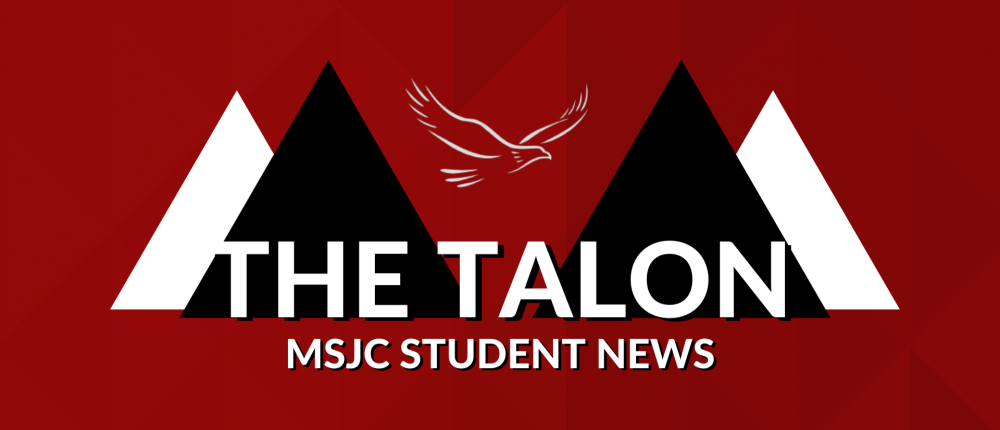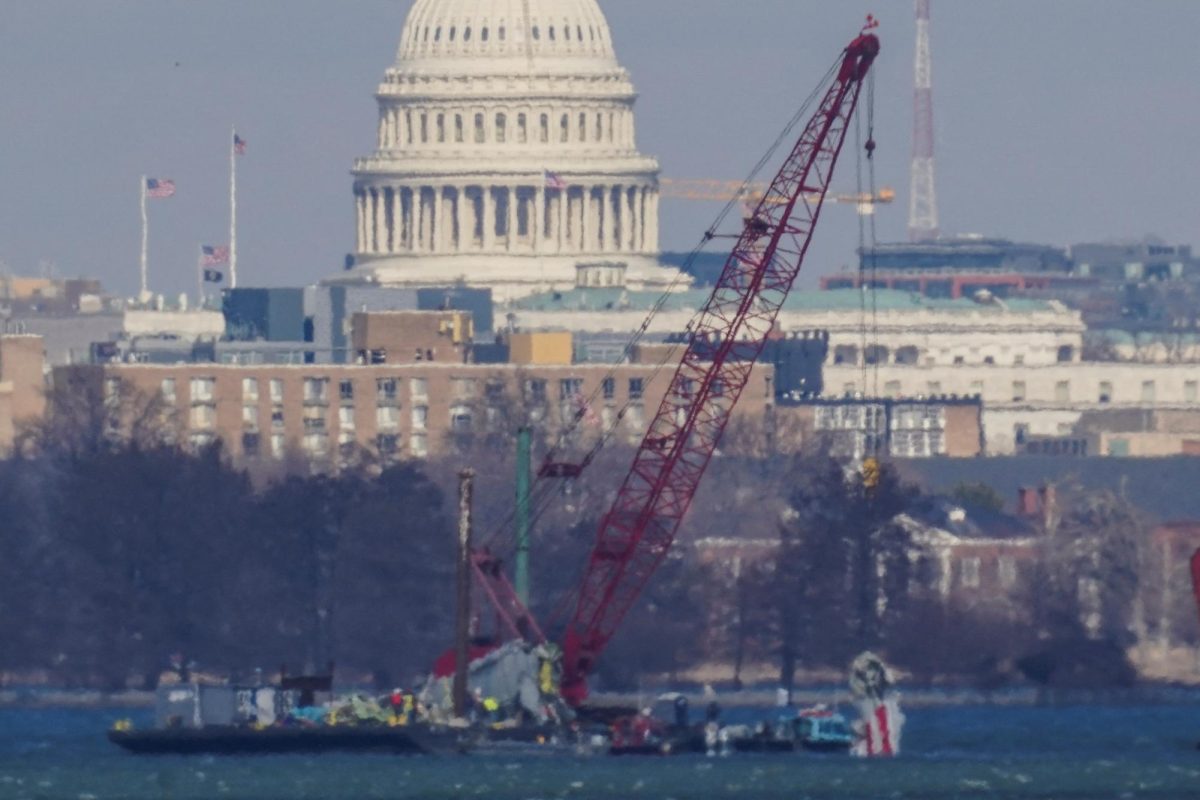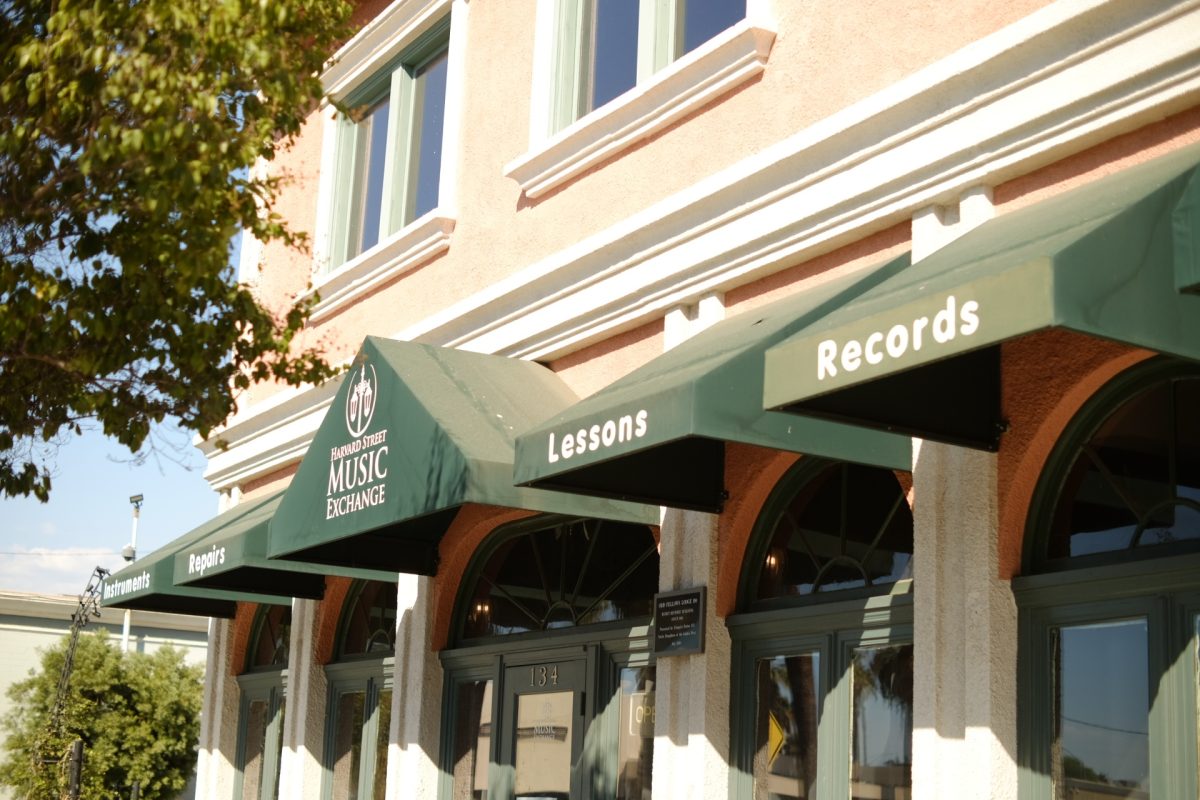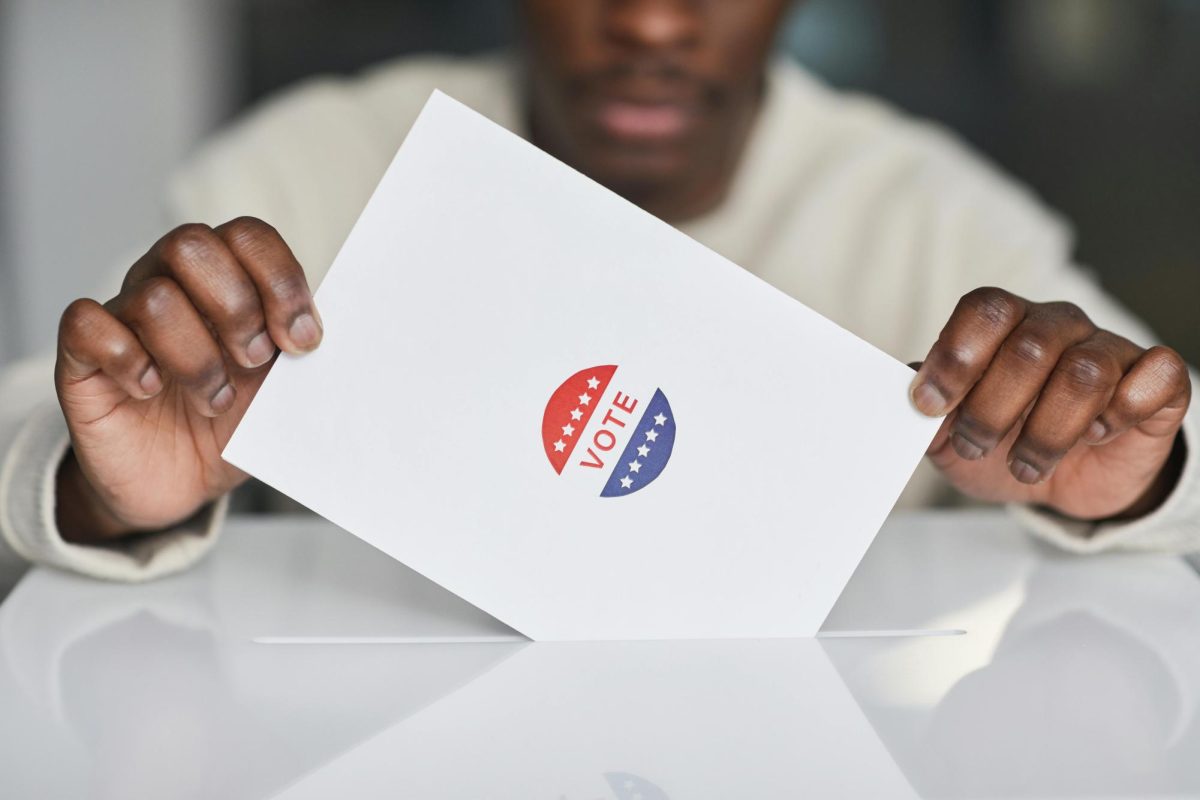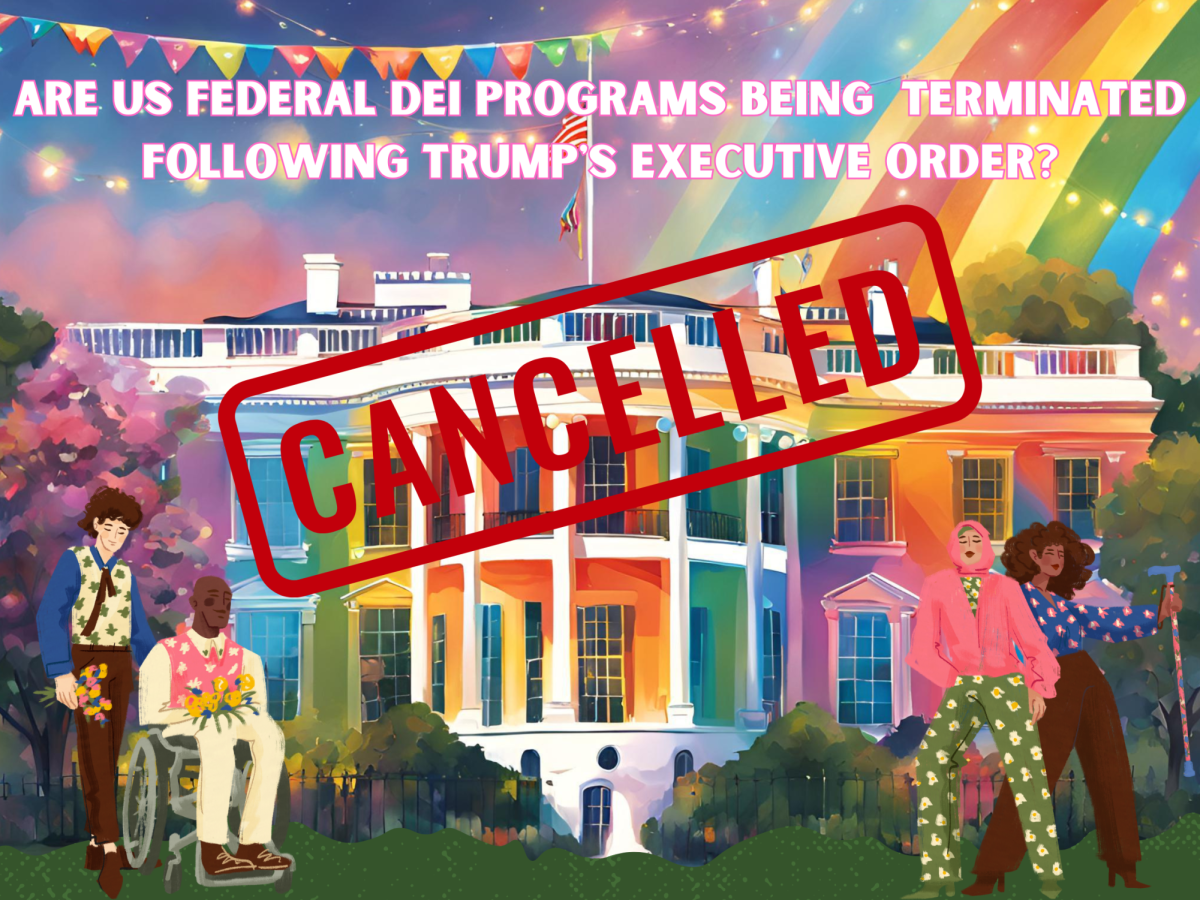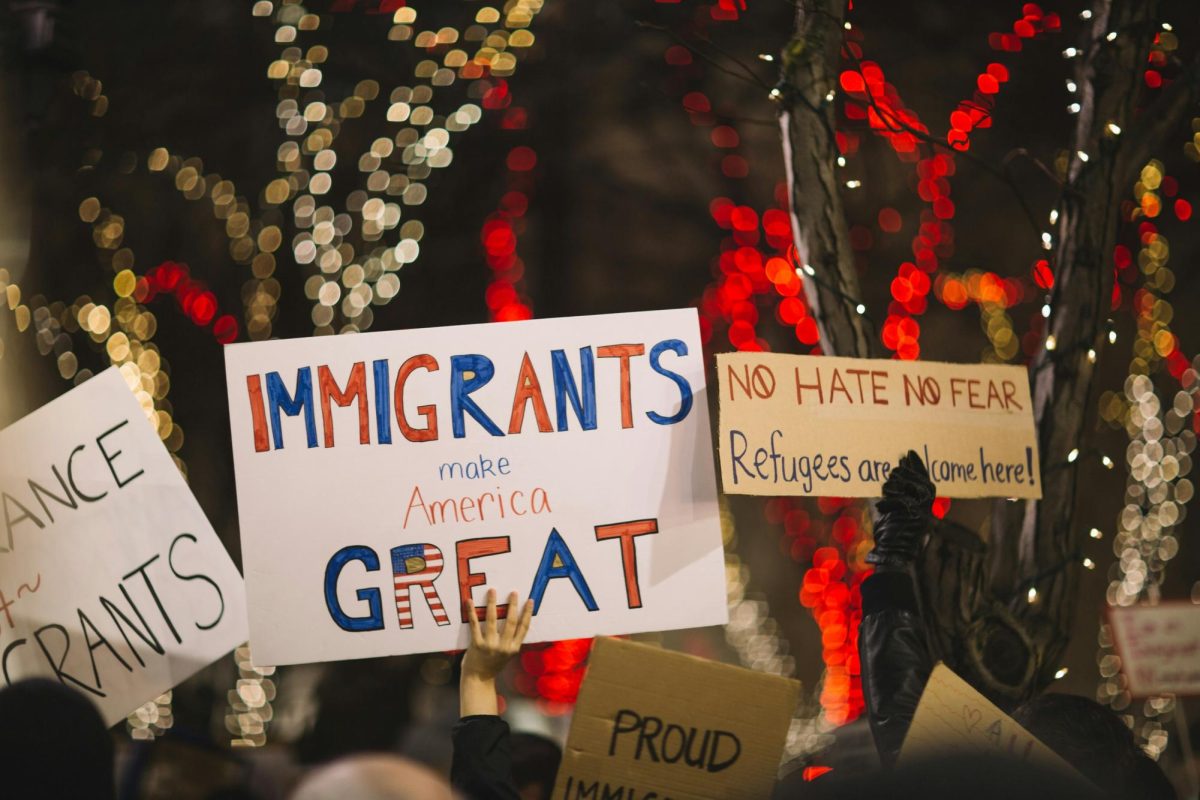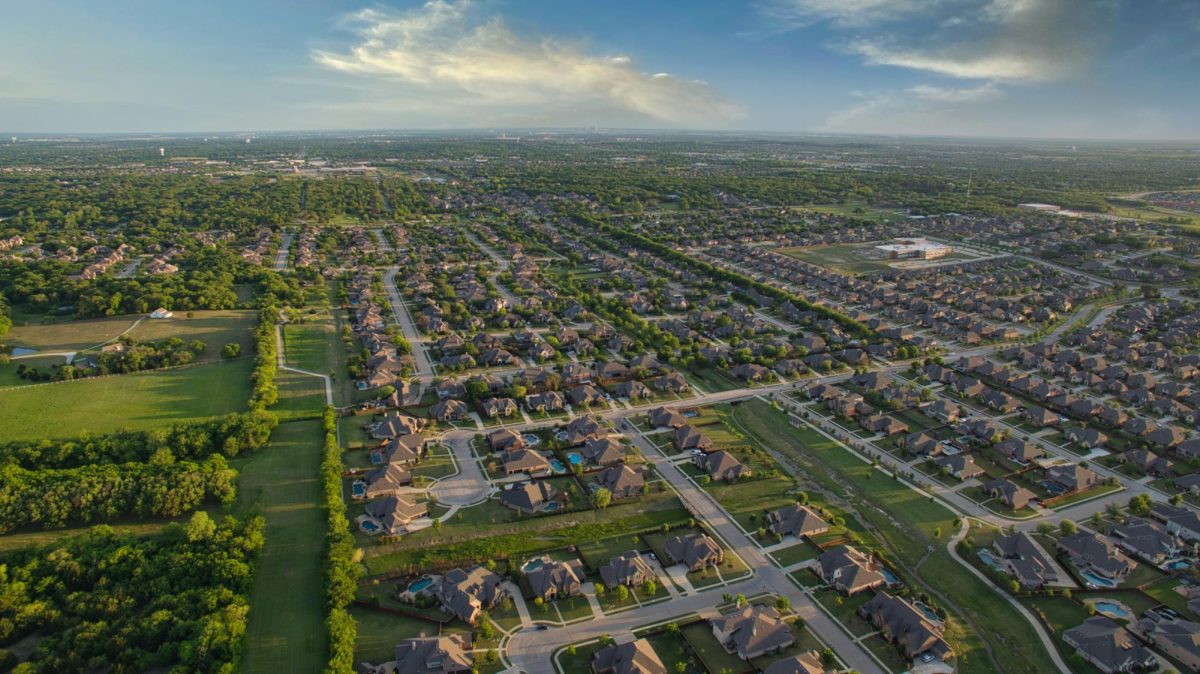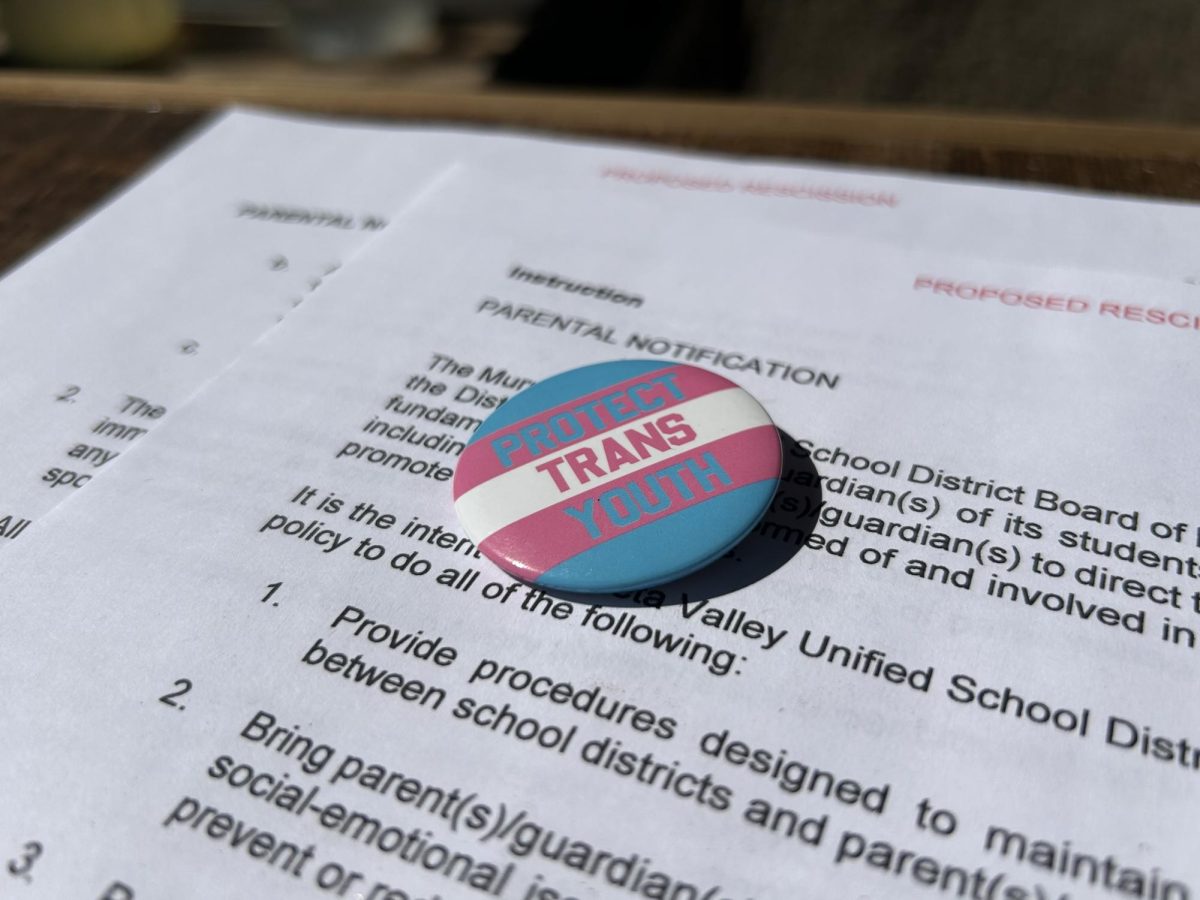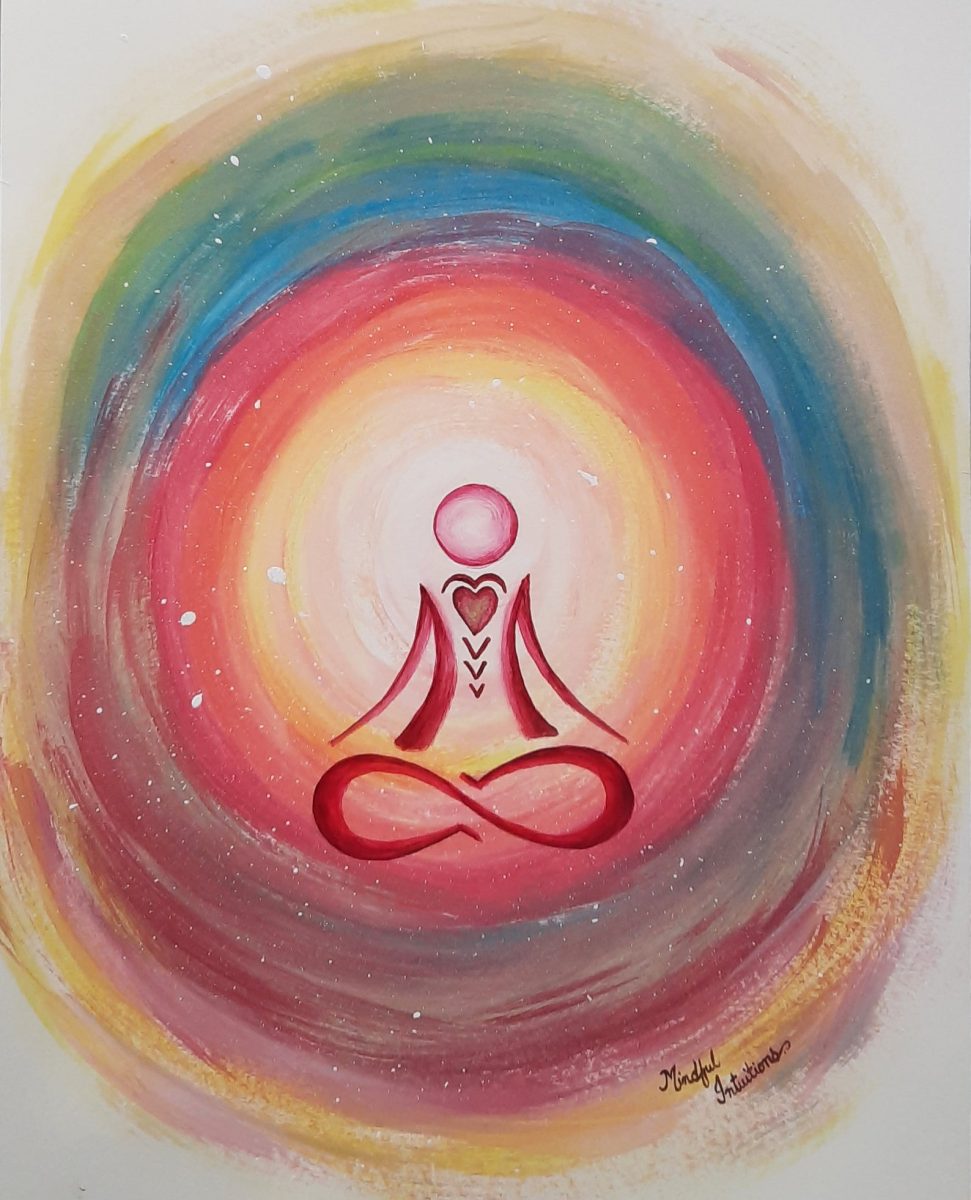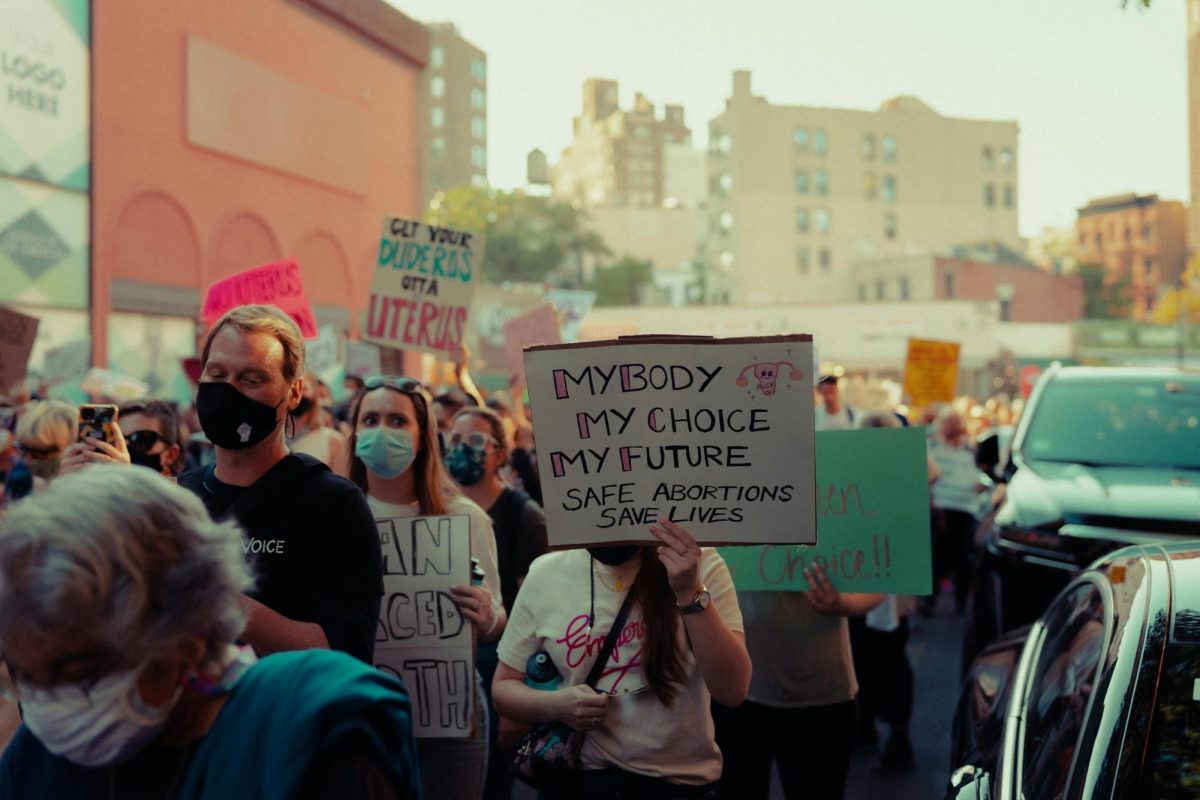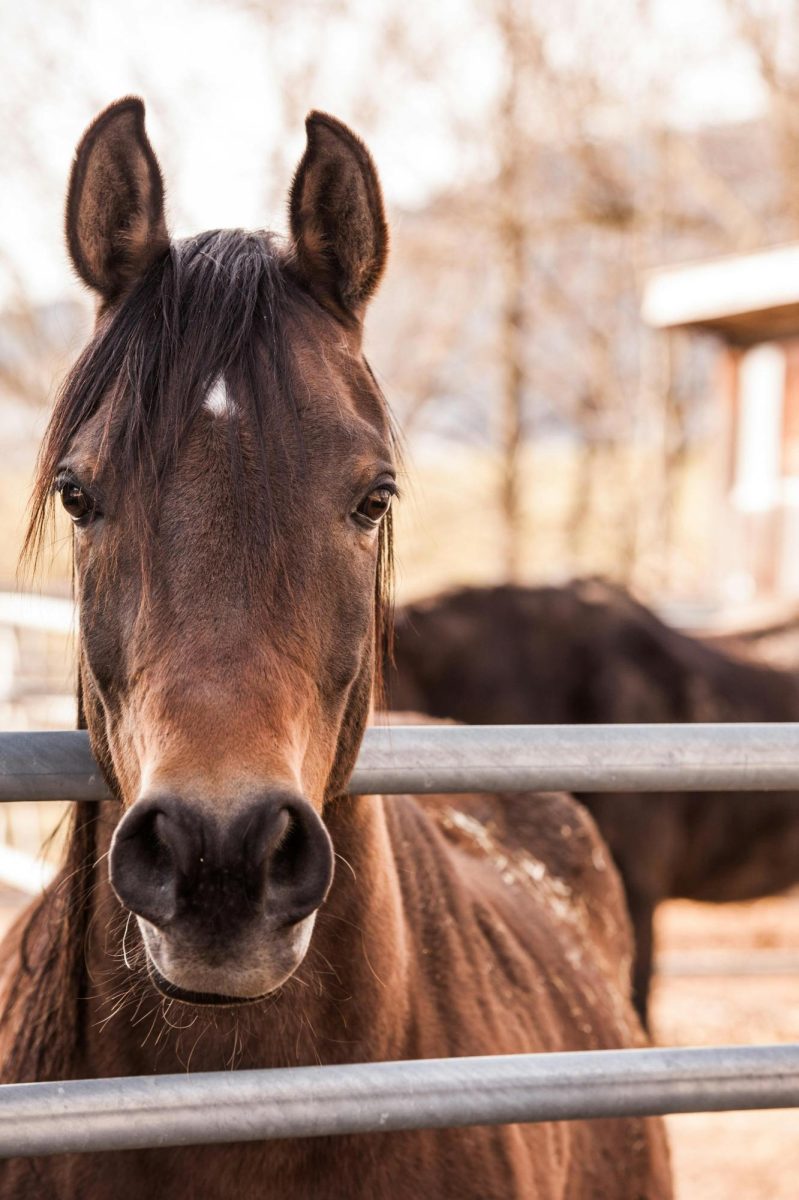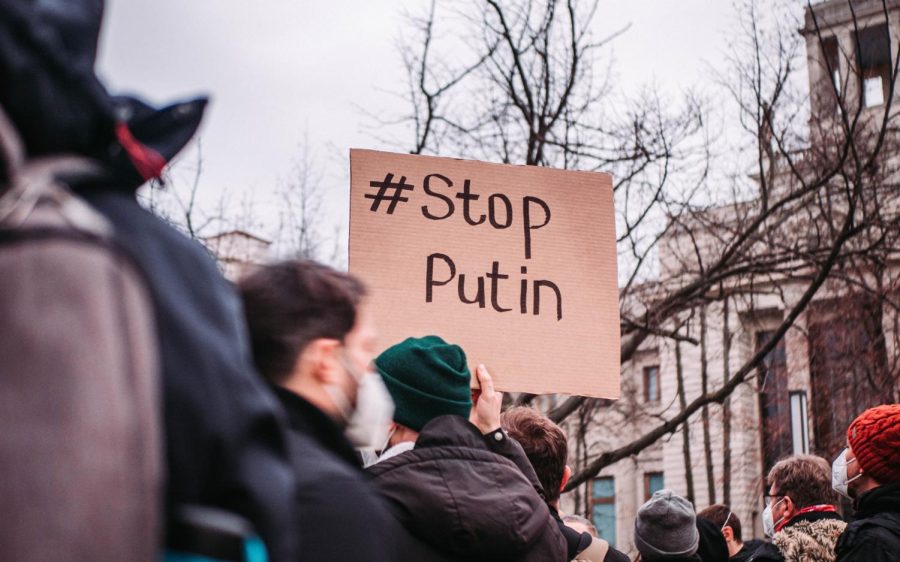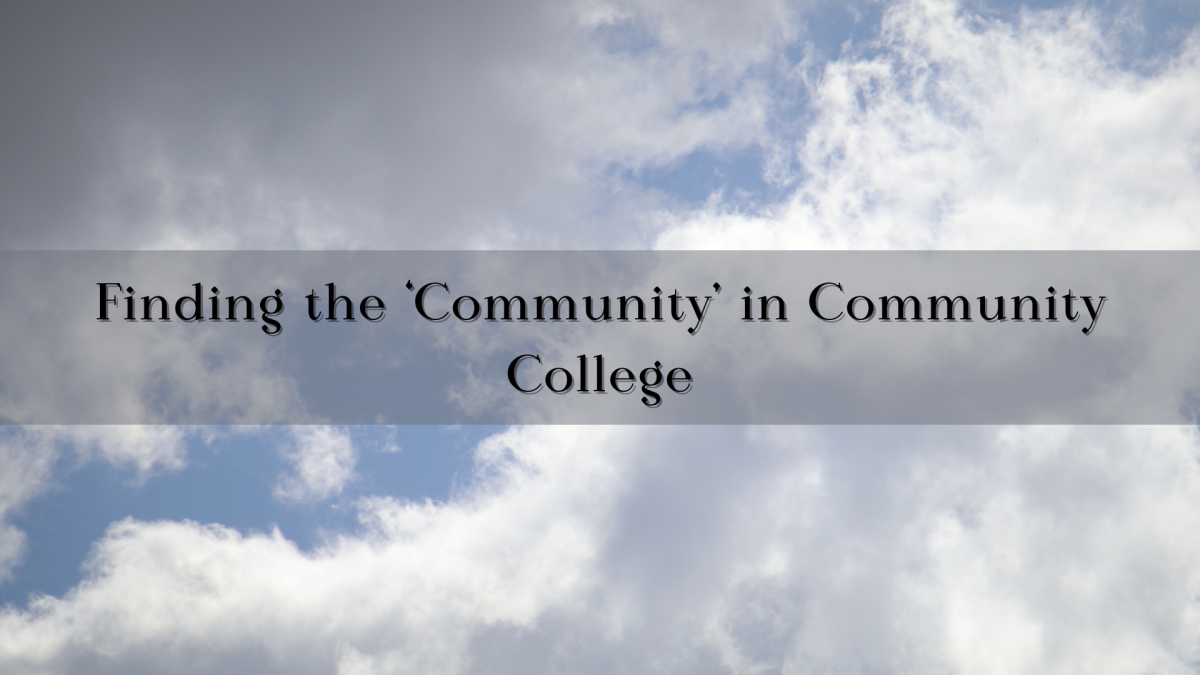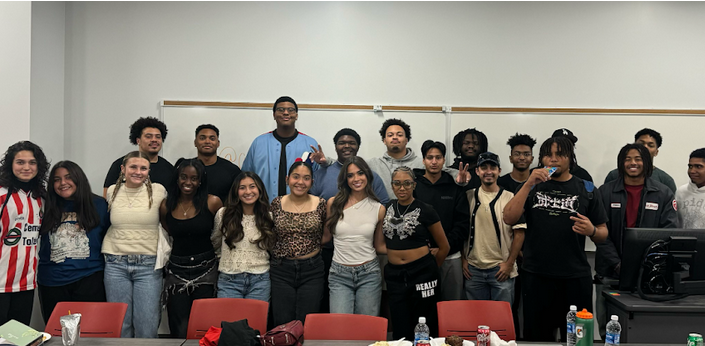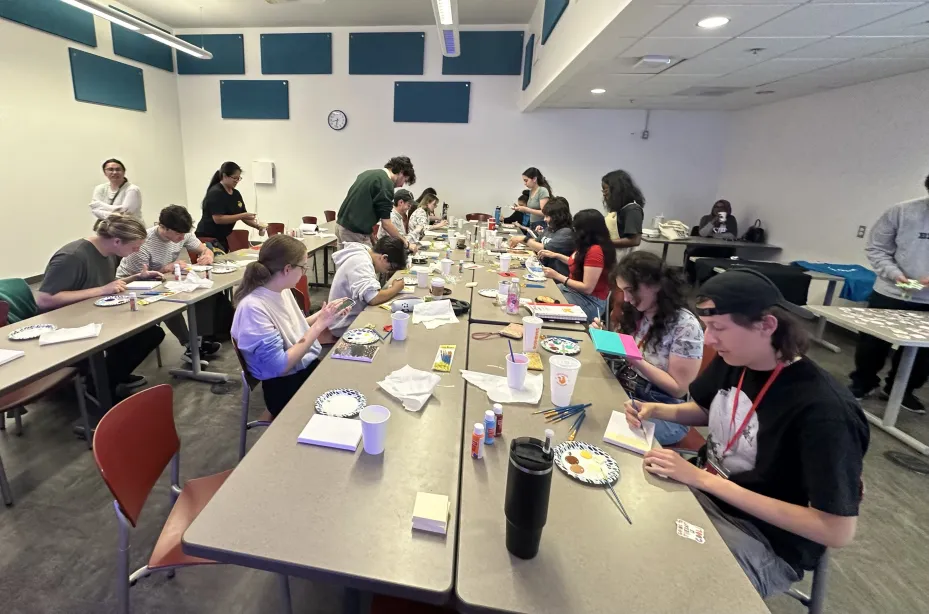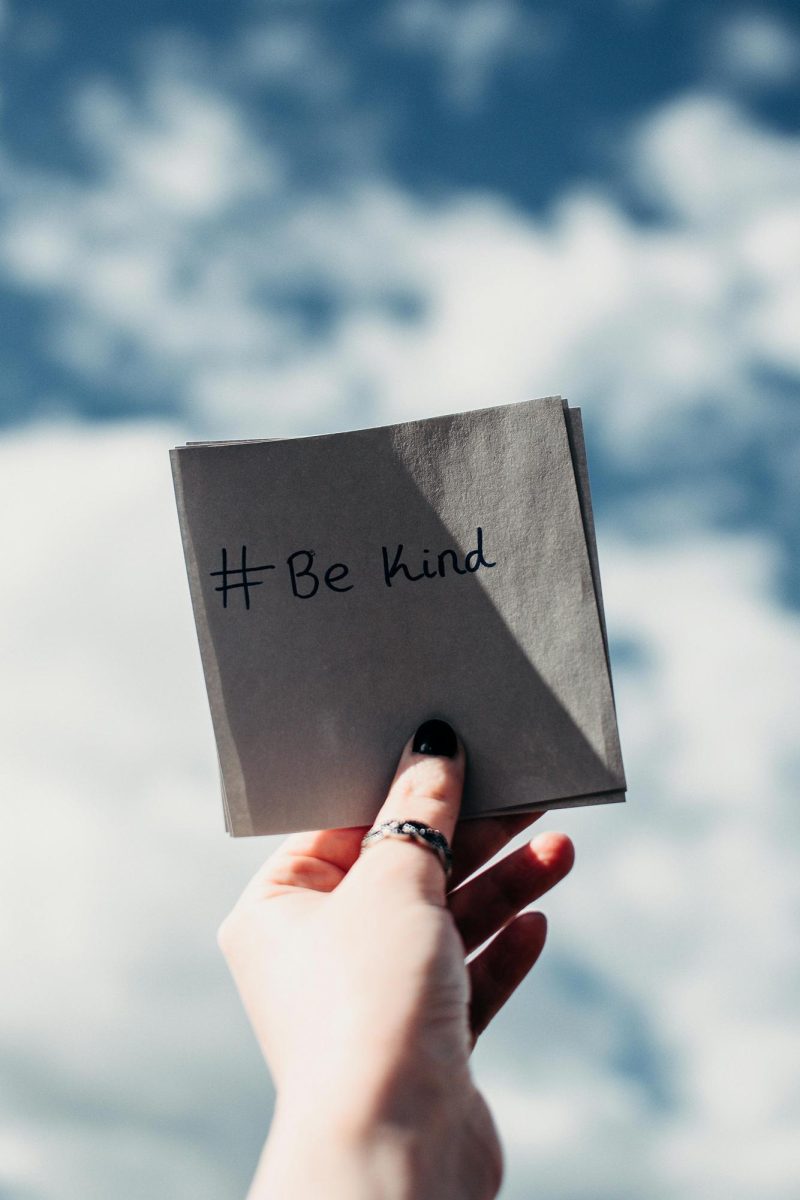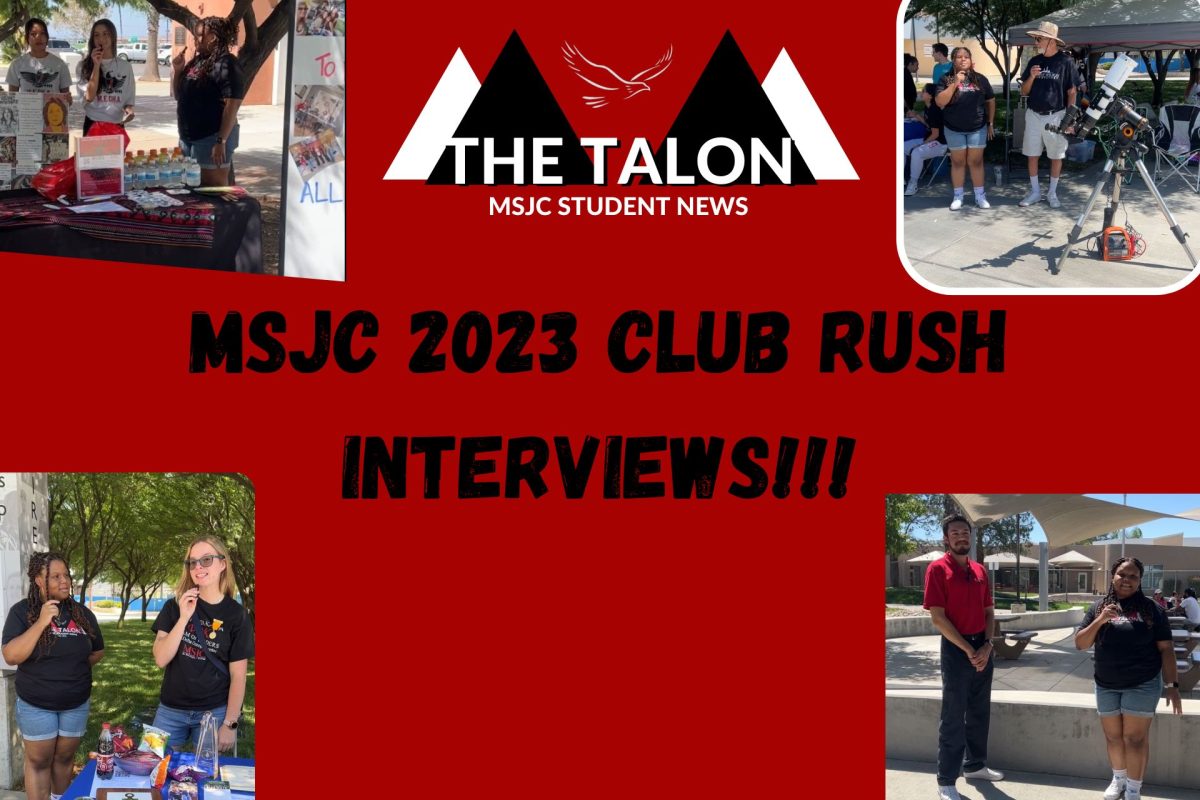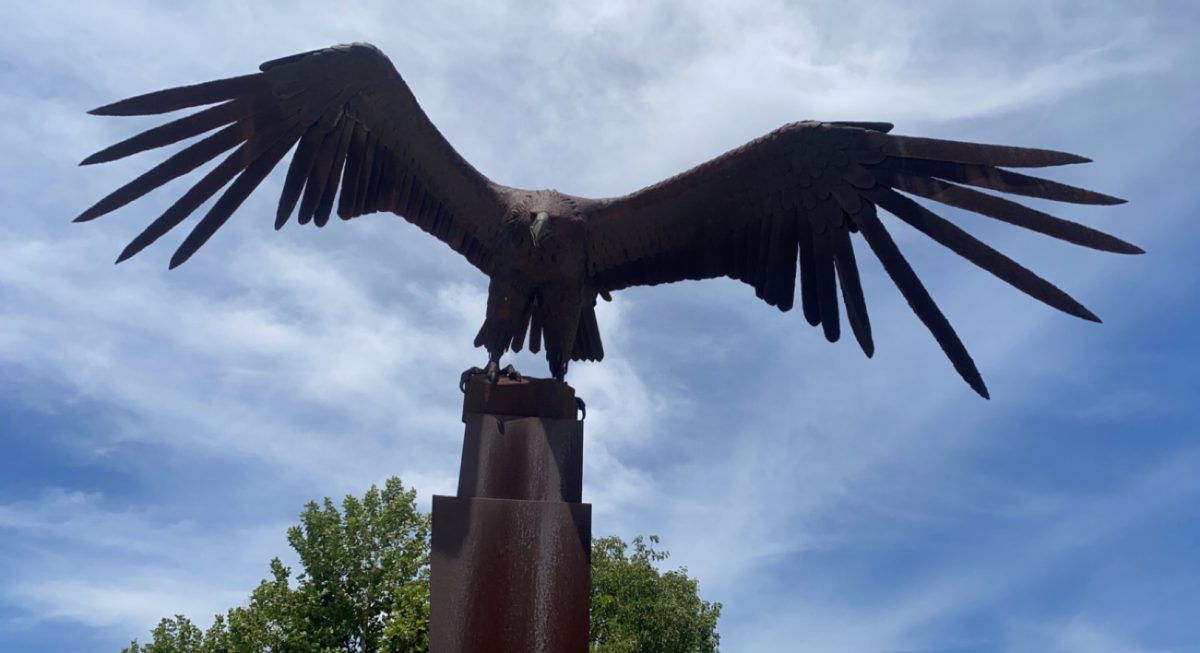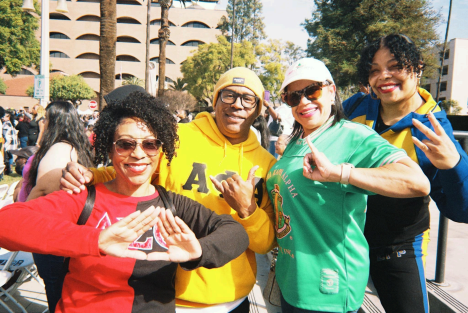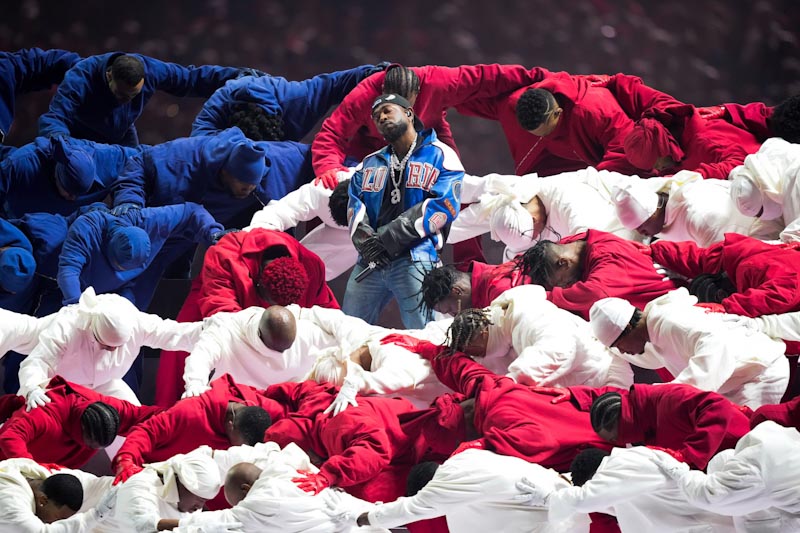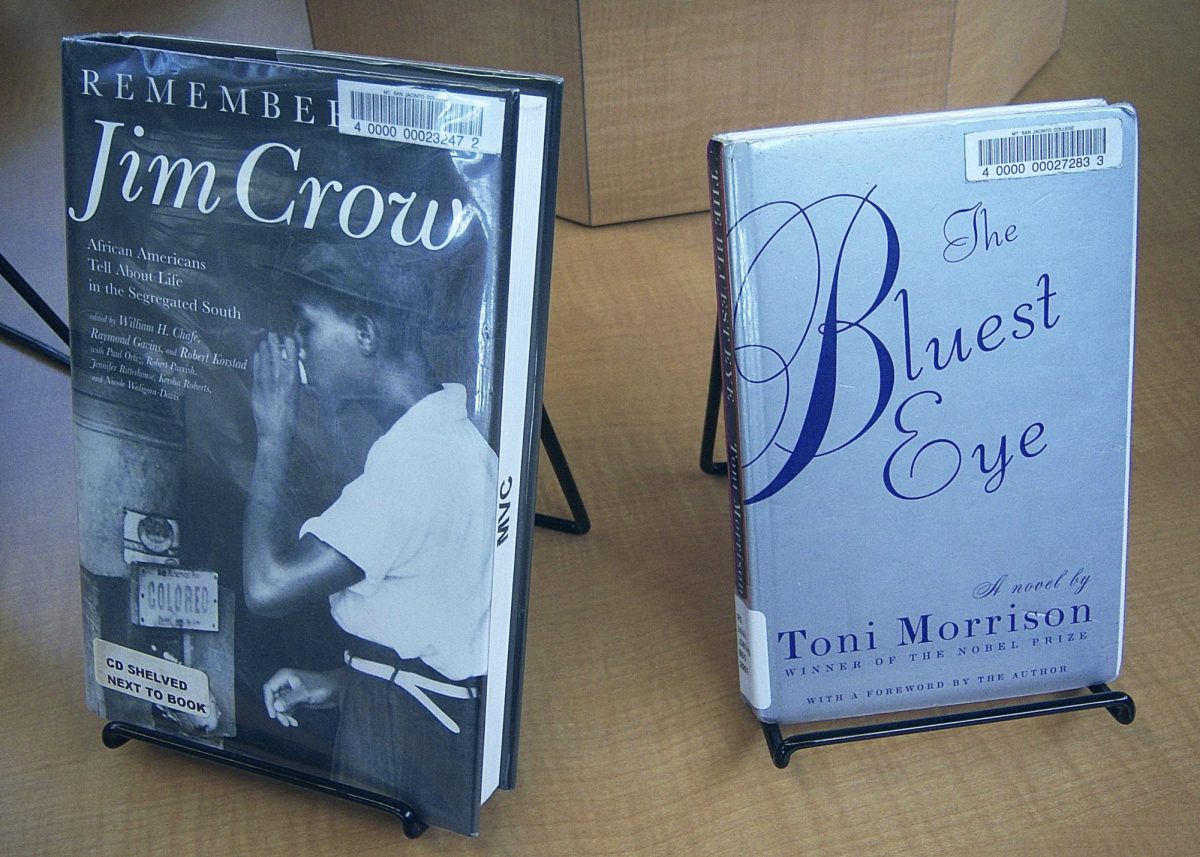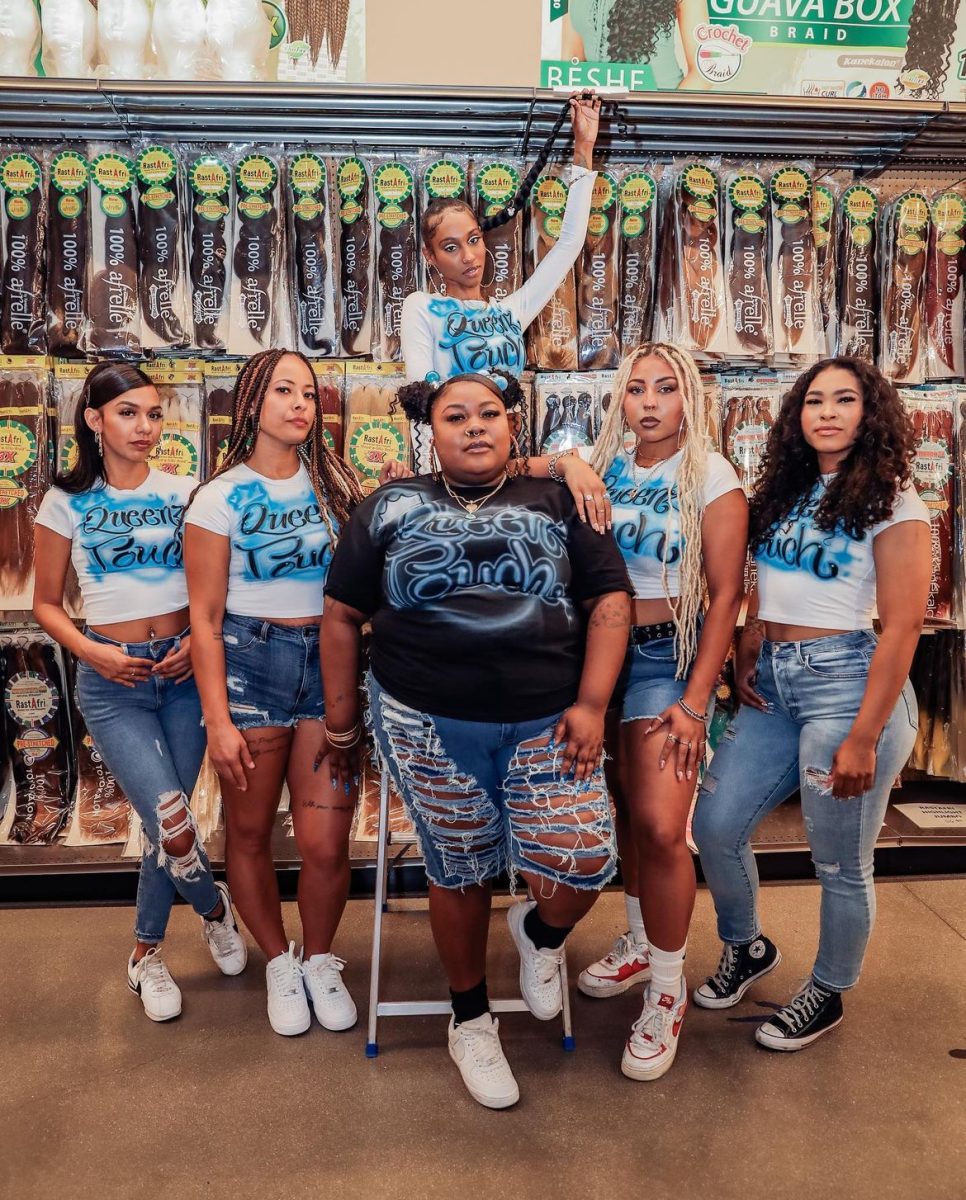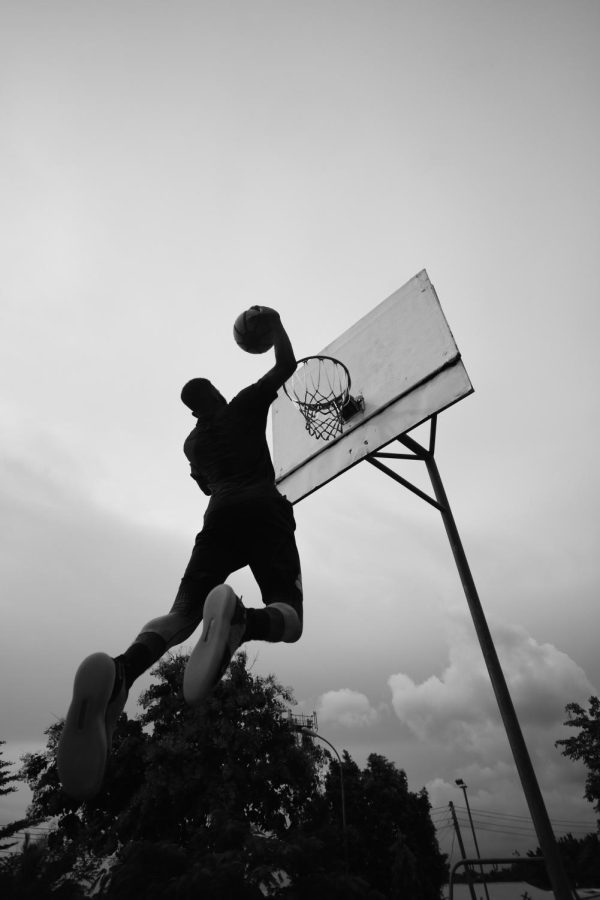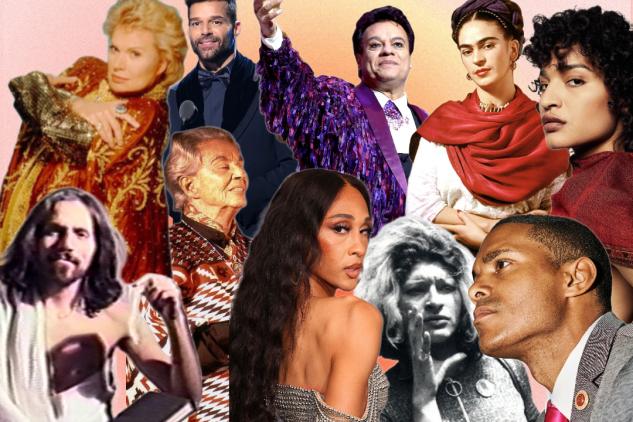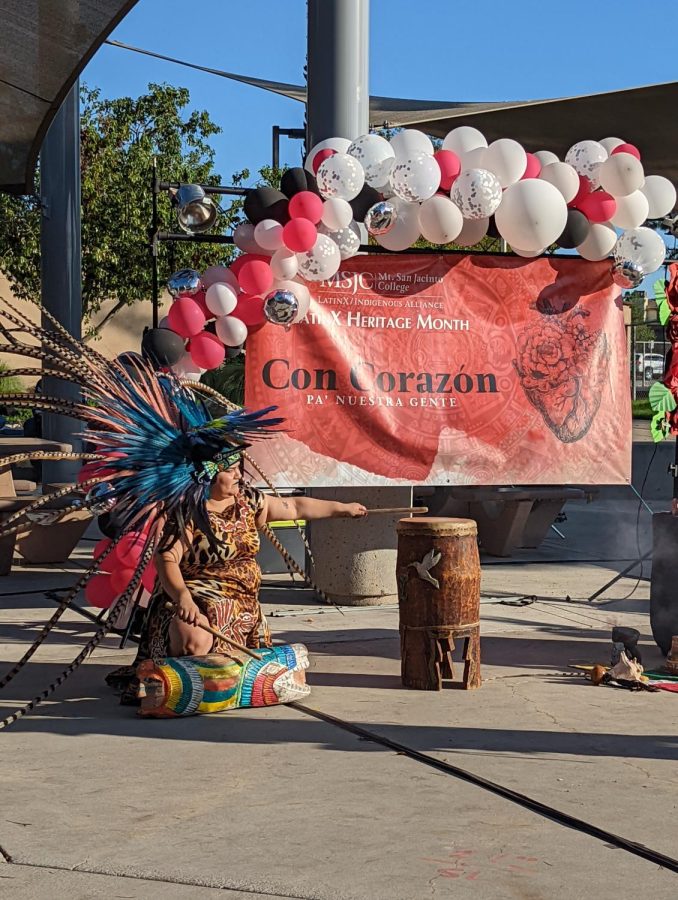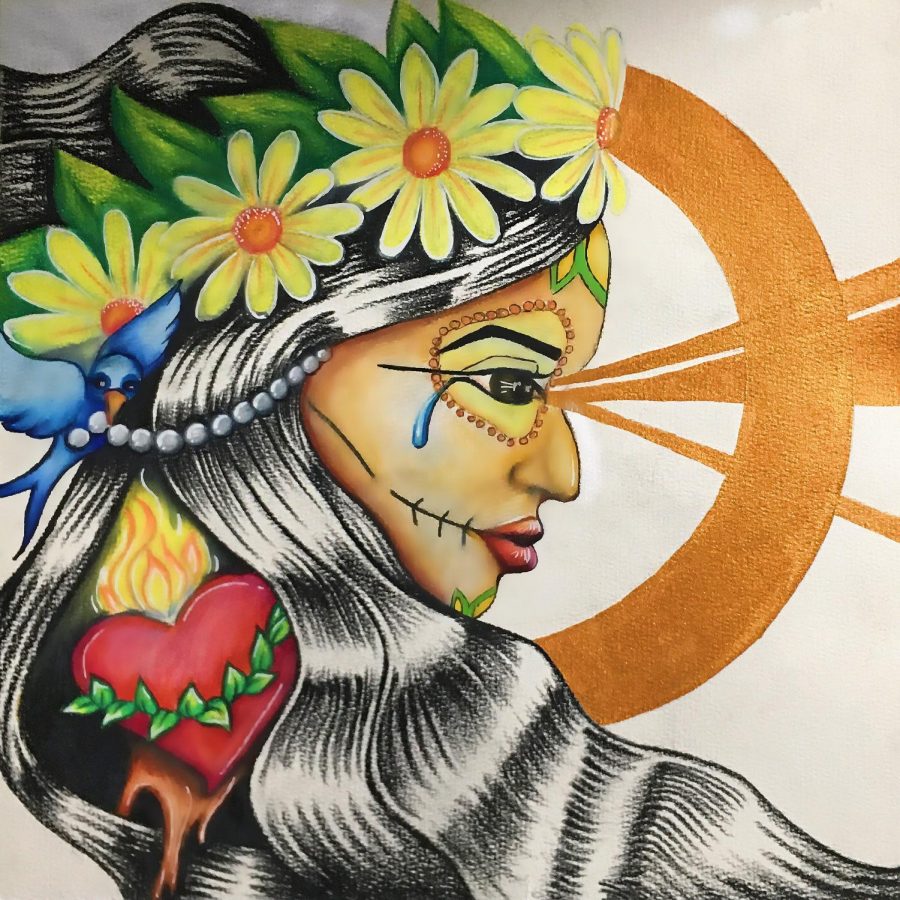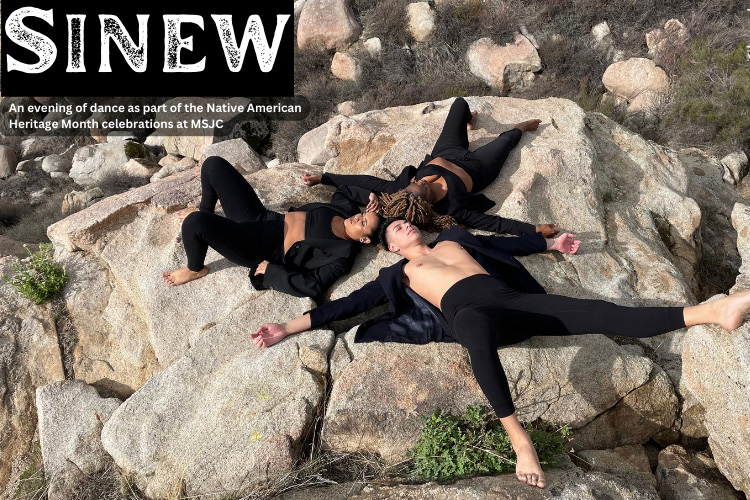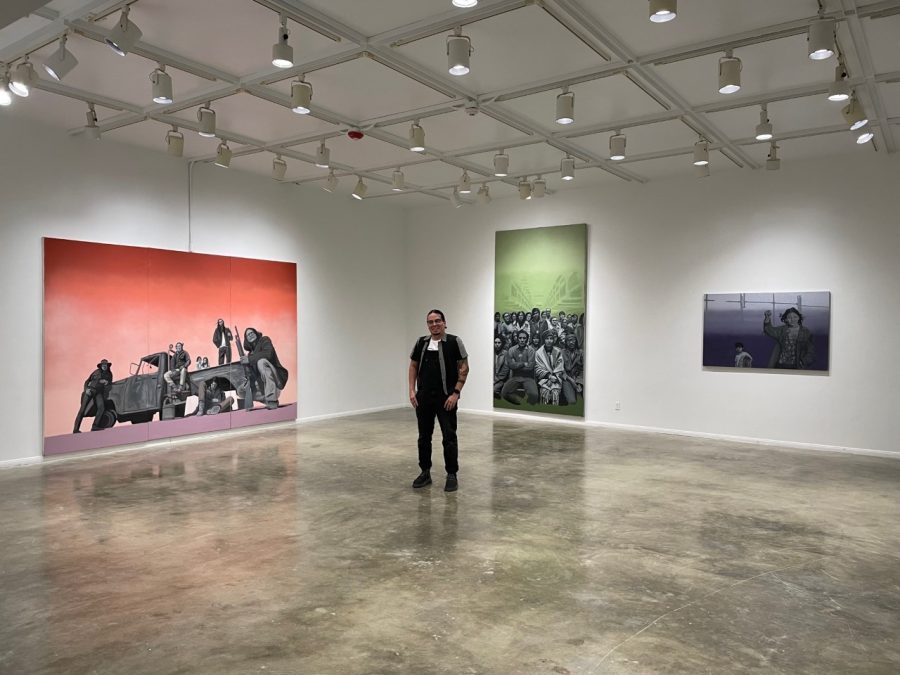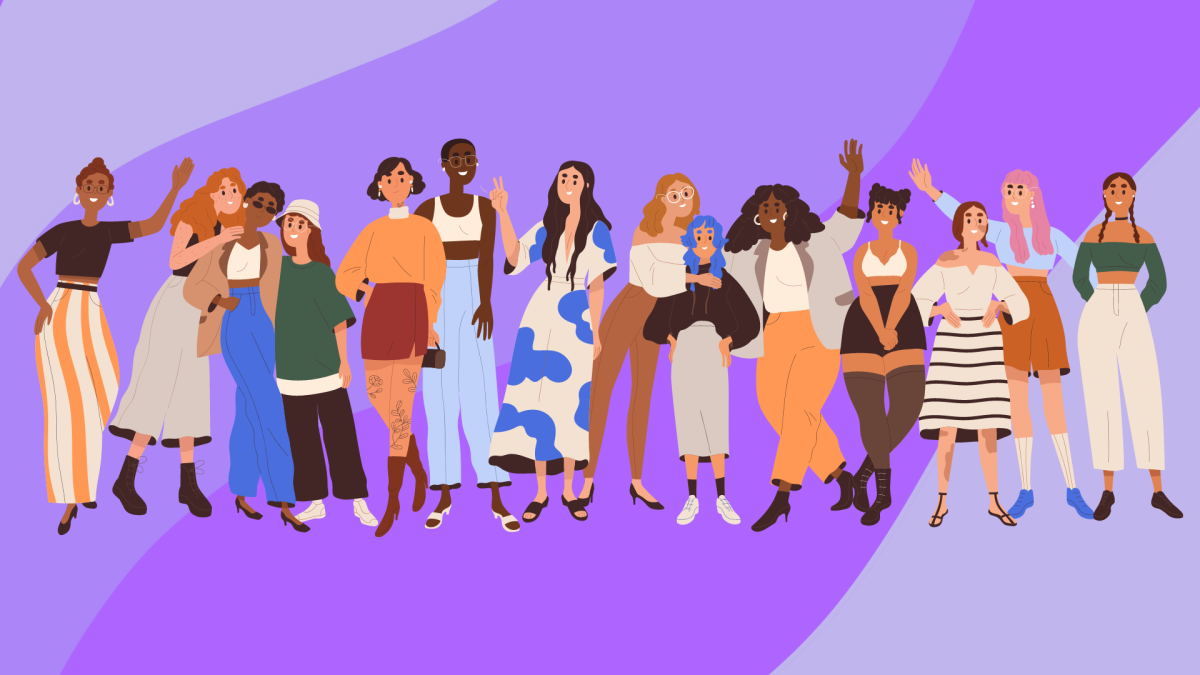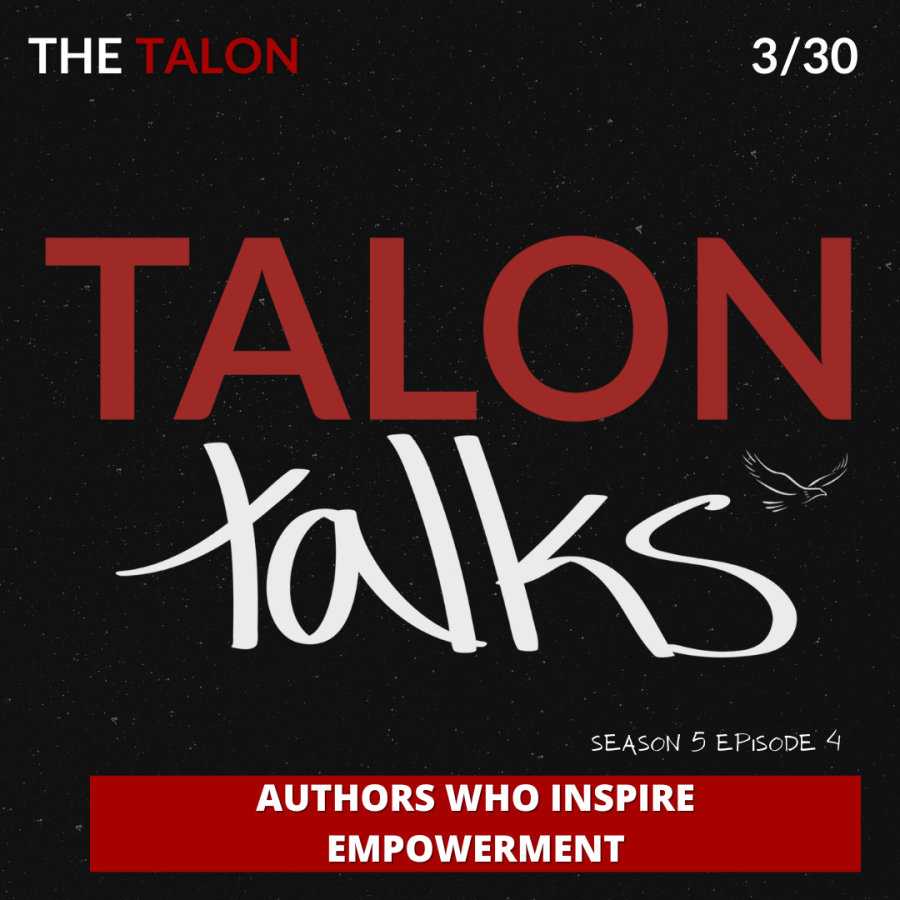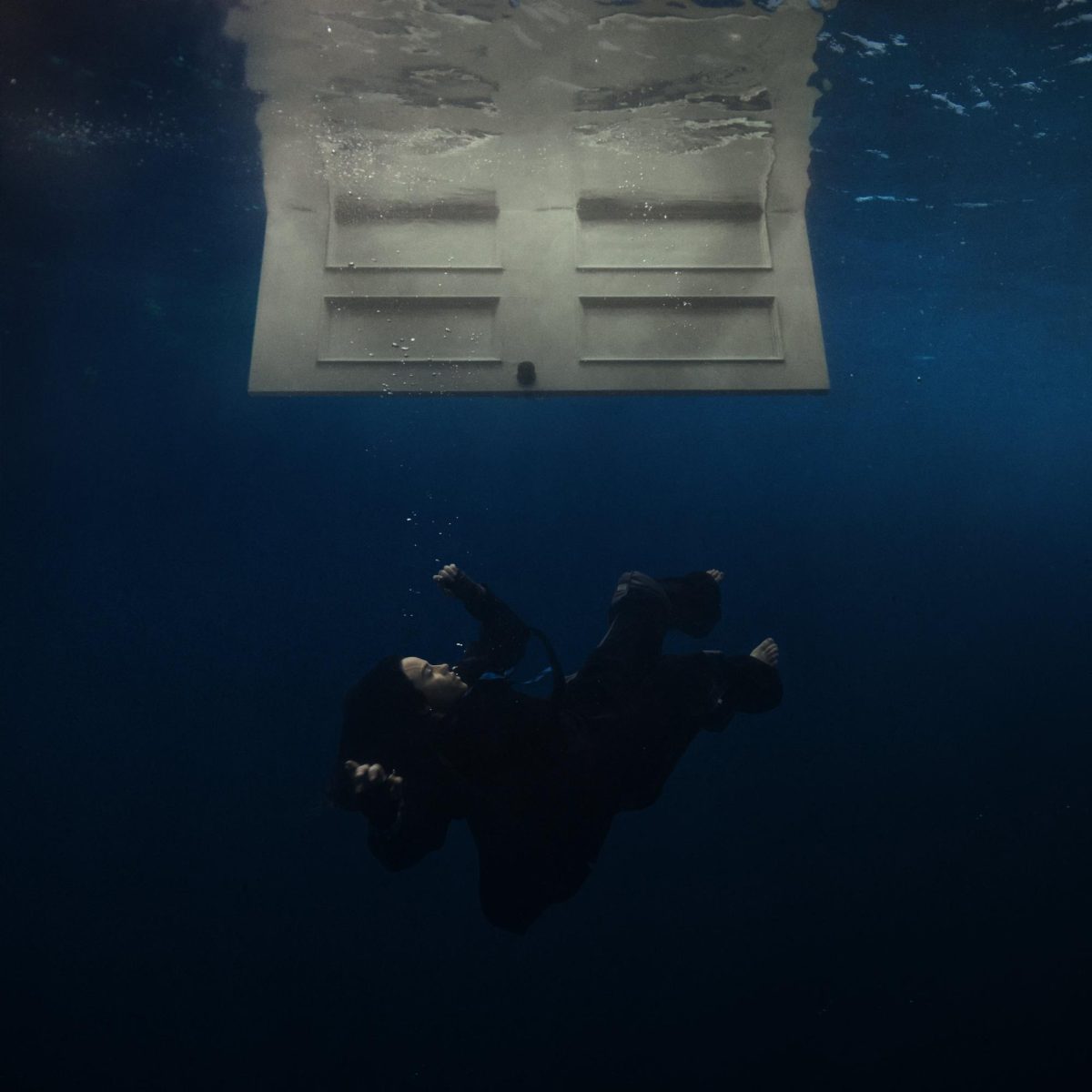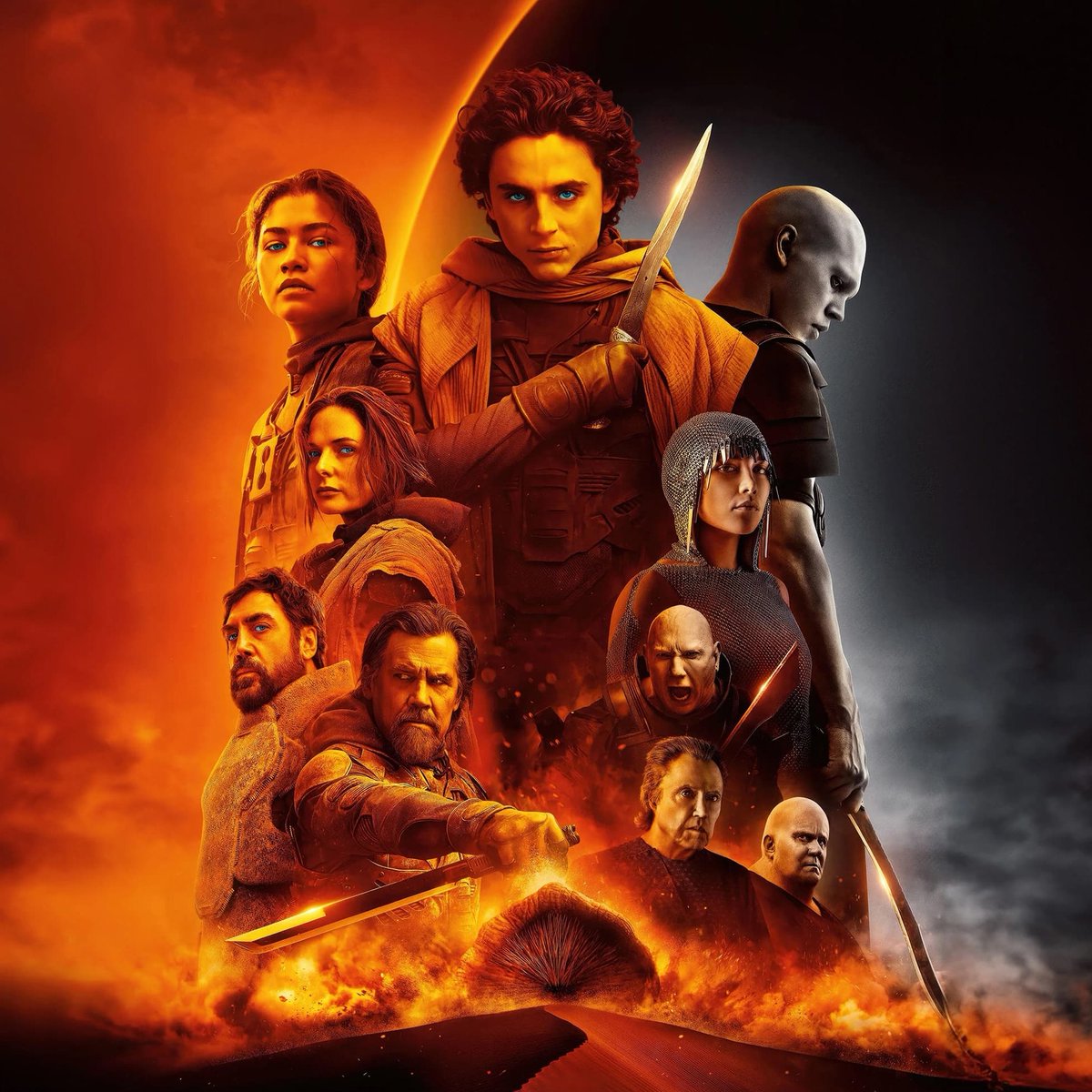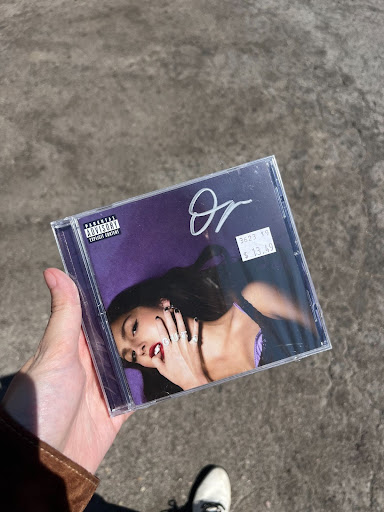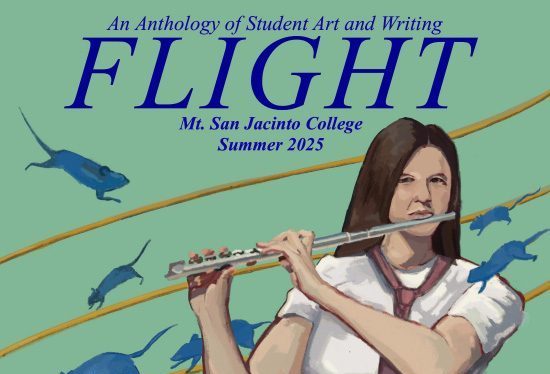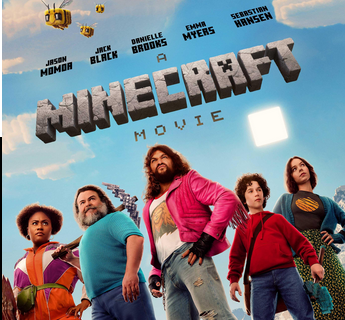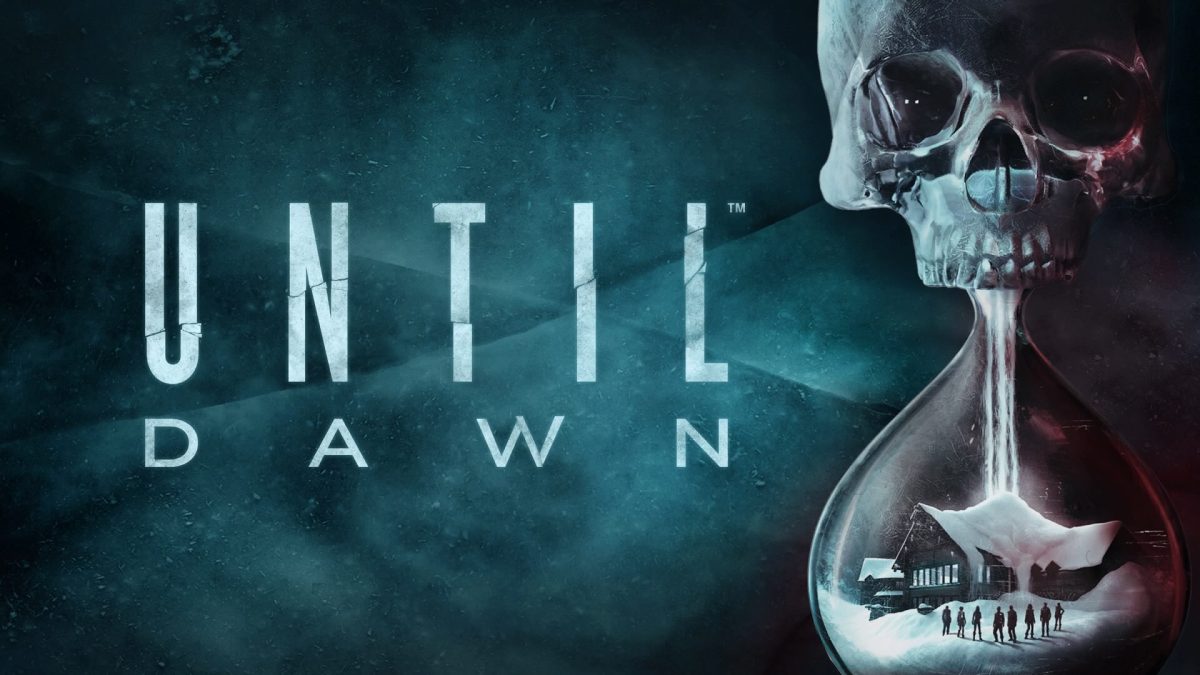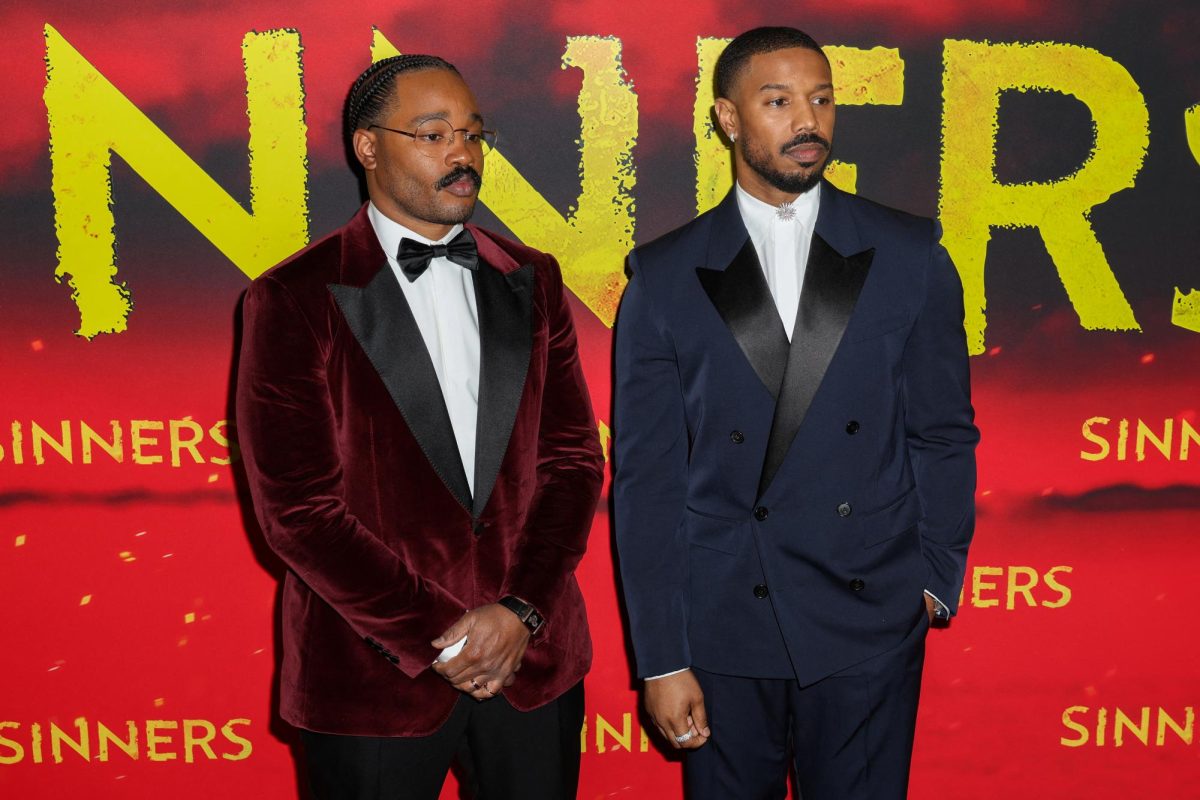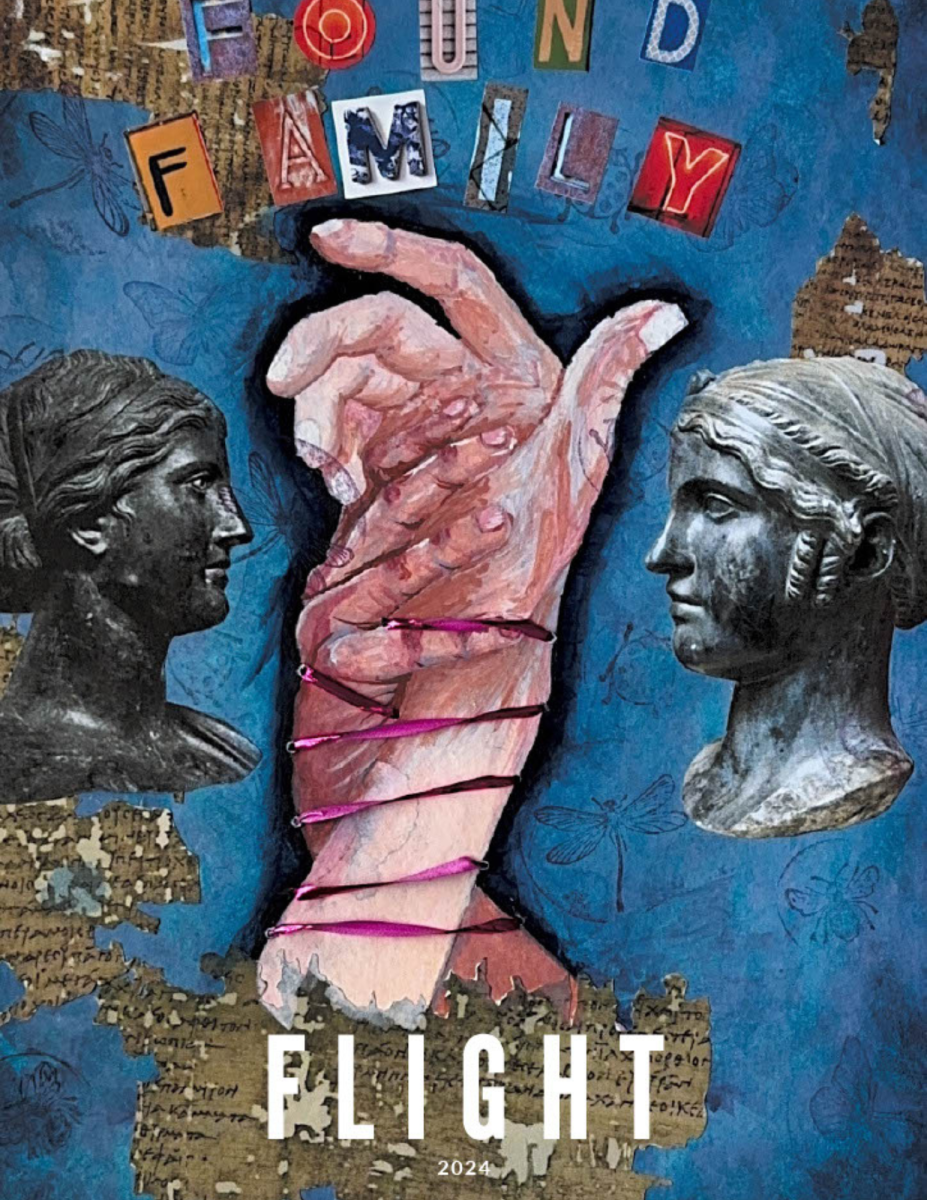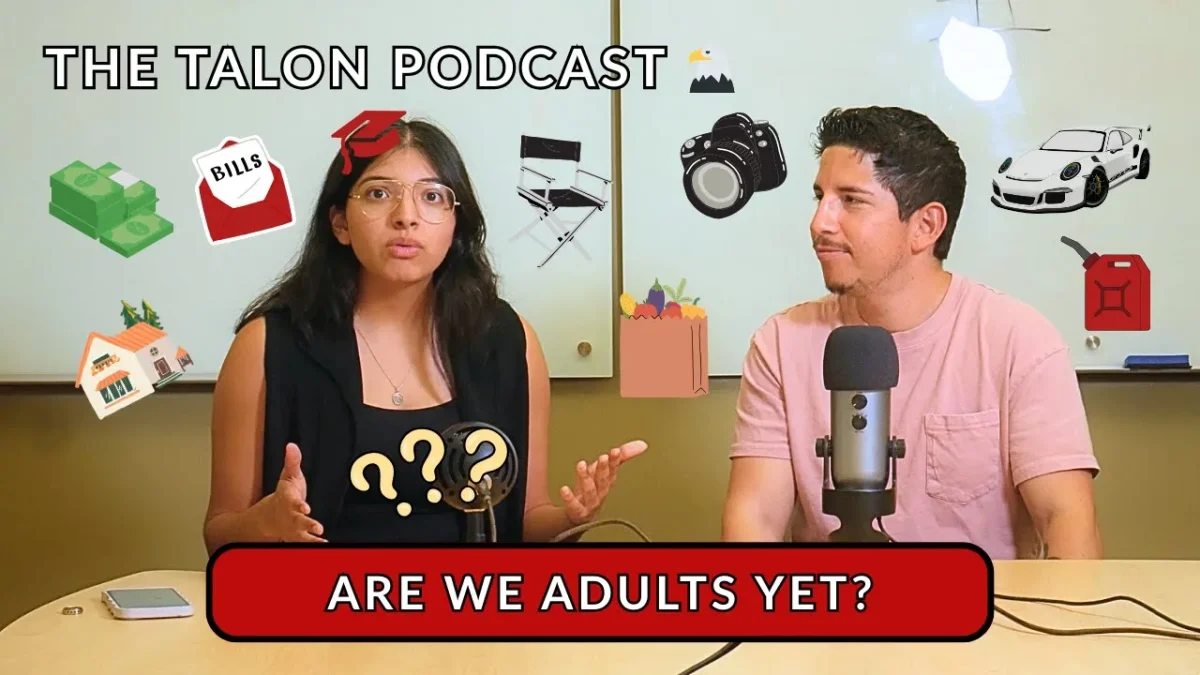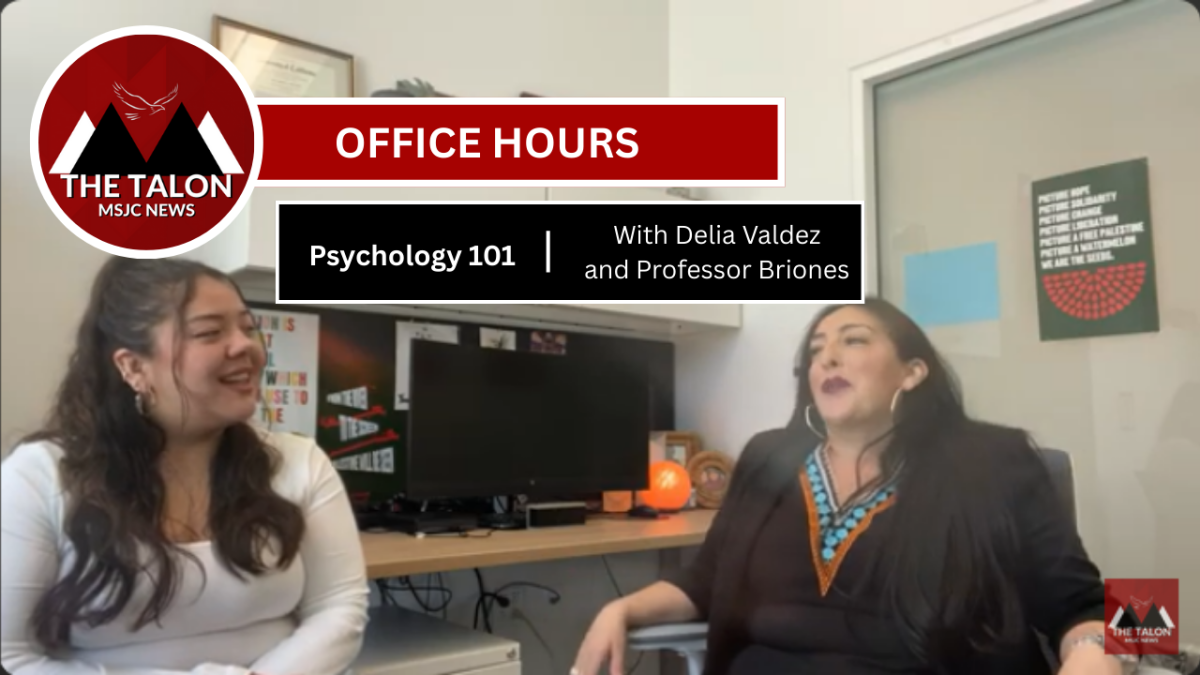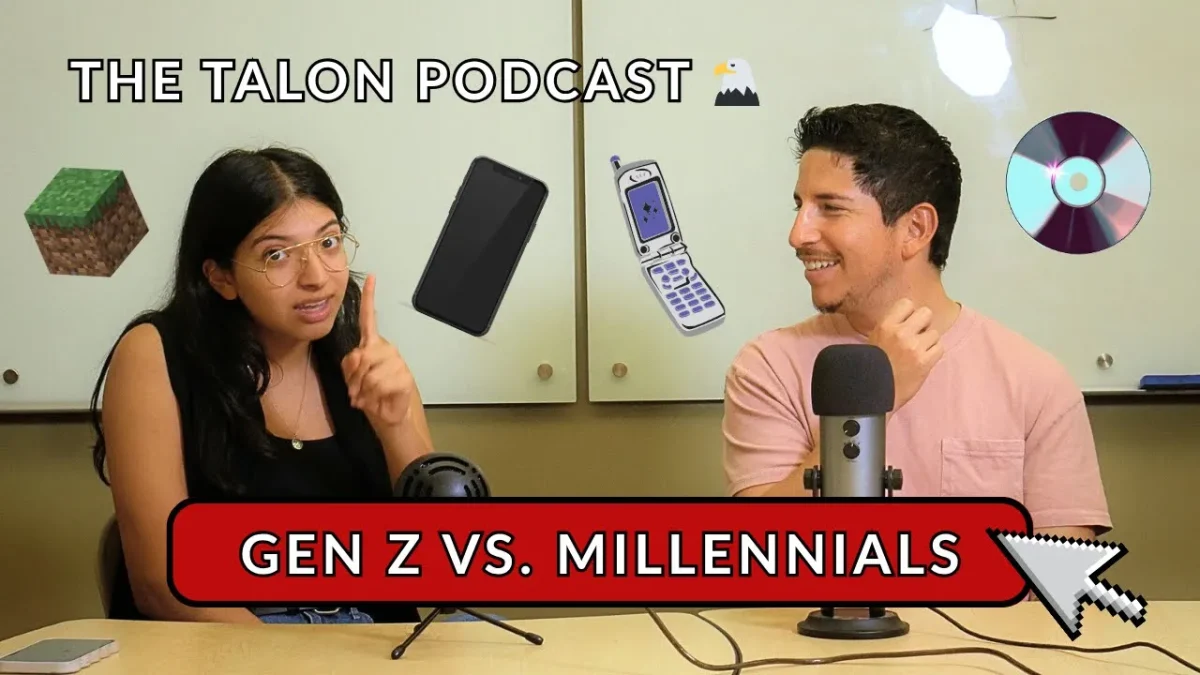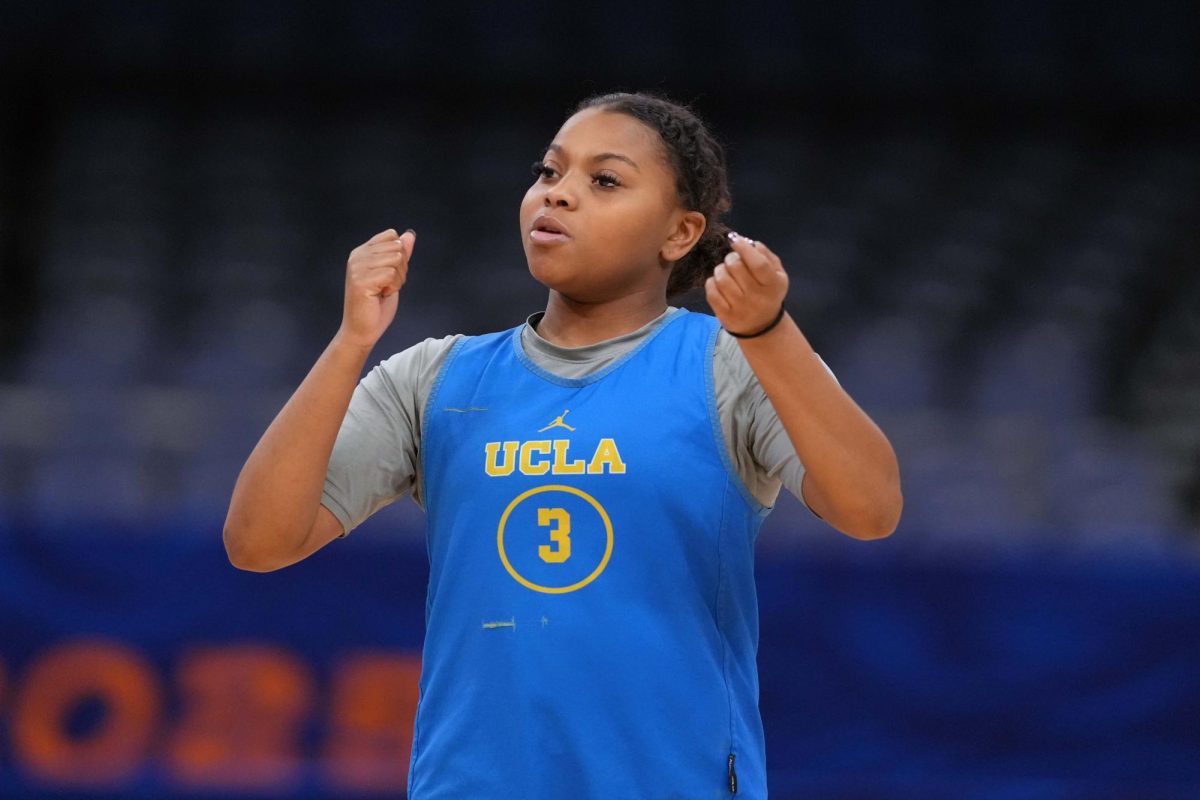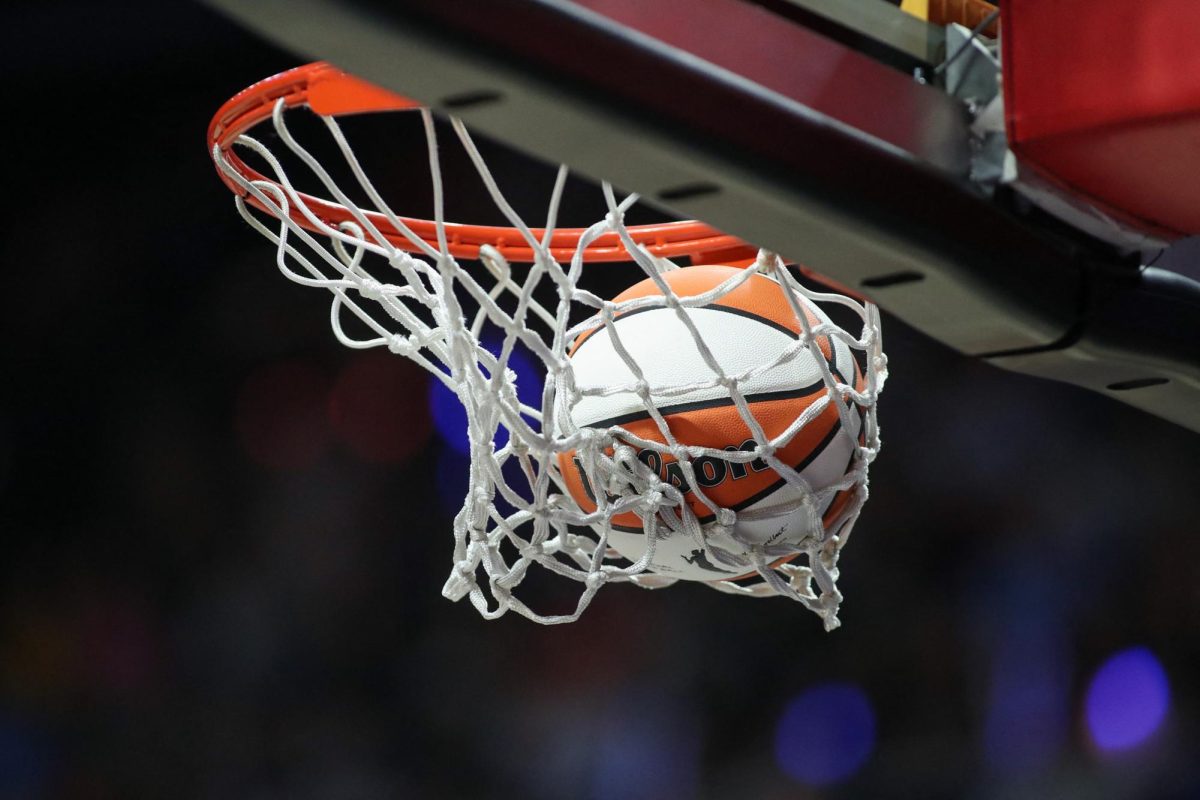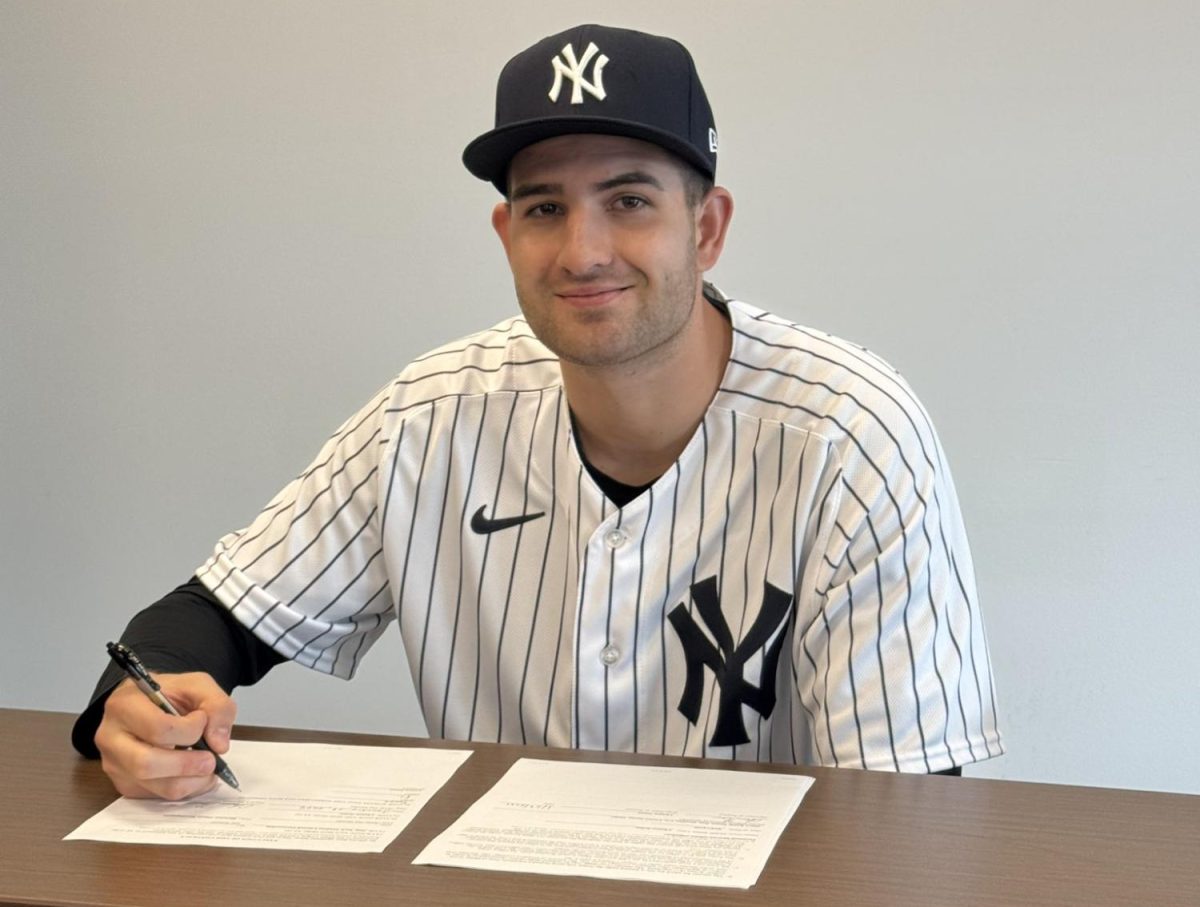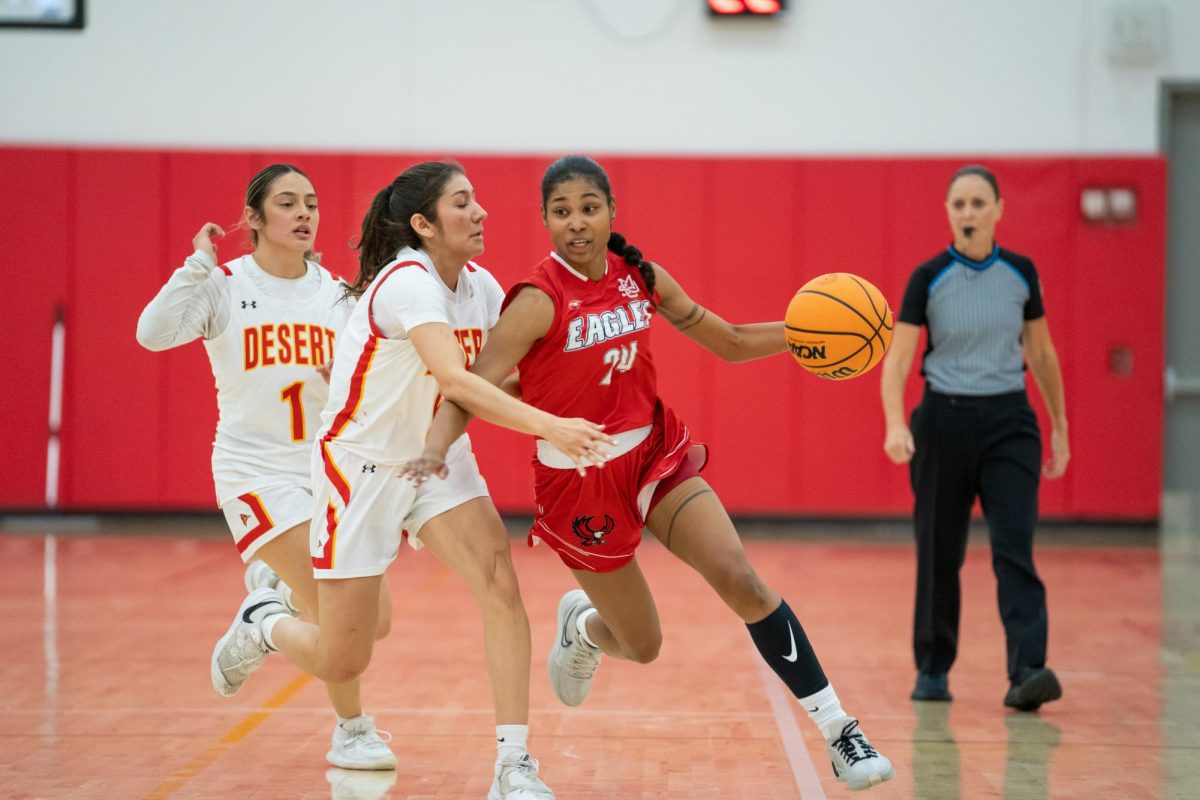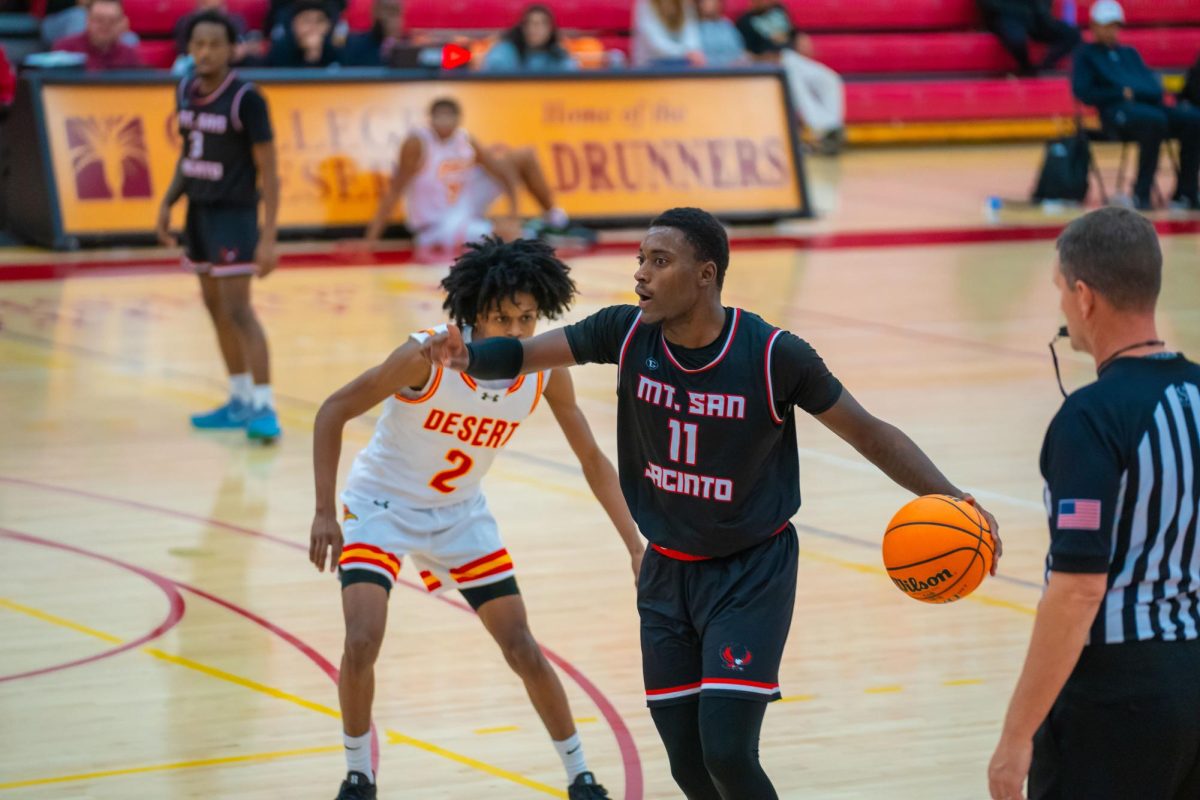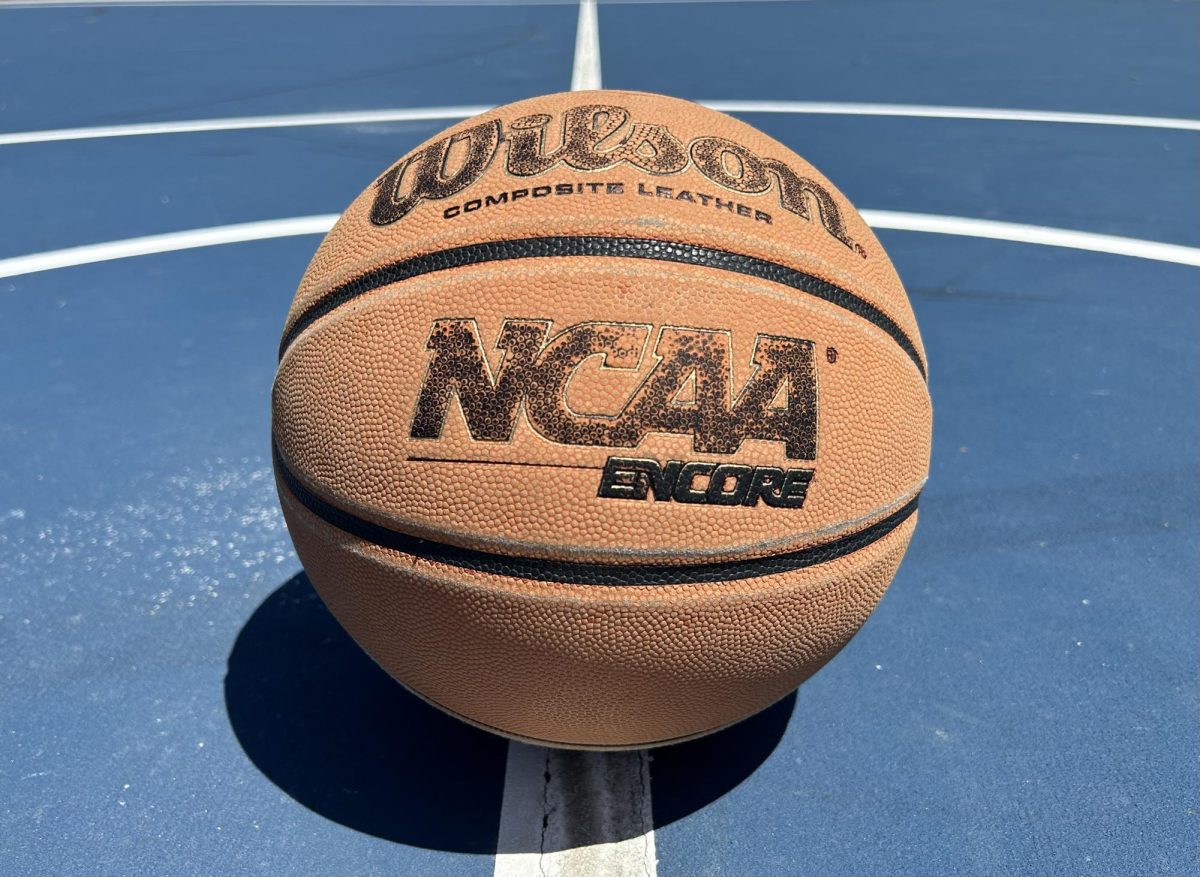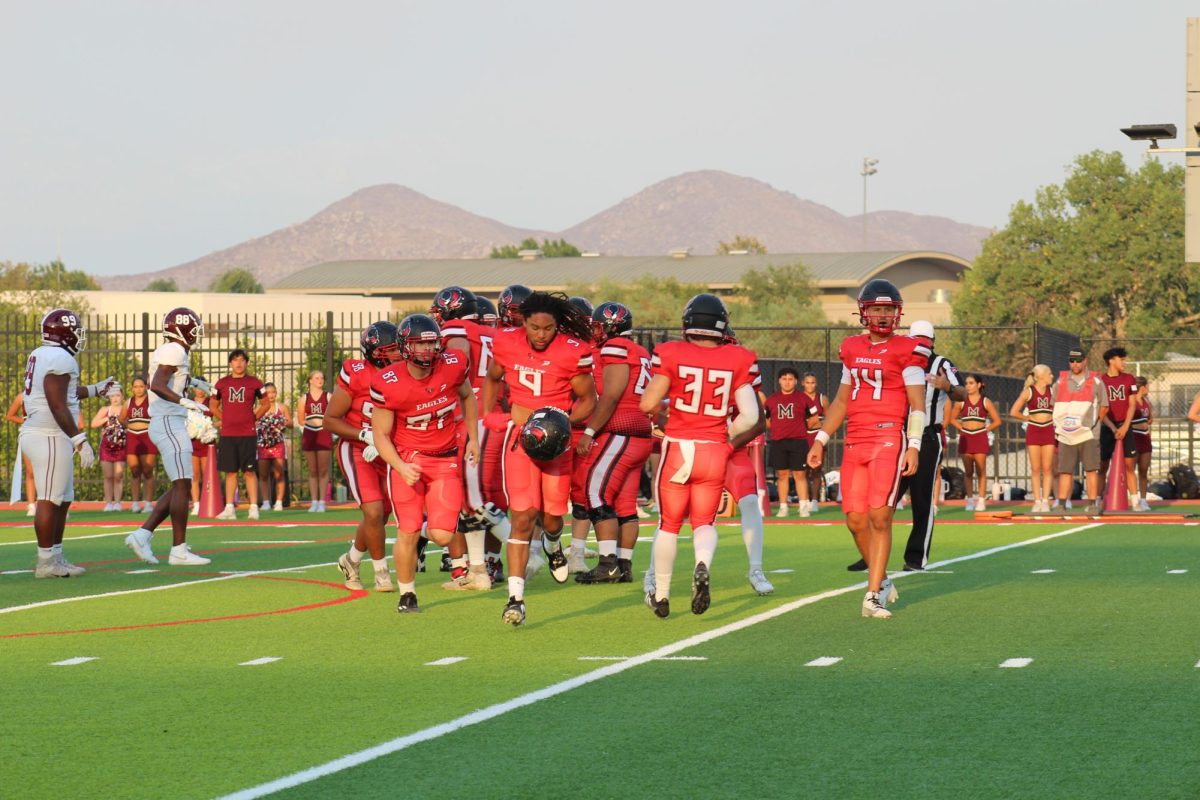The landscape of college sports has changed dramatically since the NCAA allowed its athletes to make money through the NIL (Name, Image, and Likeness) in 2021. While it may seem like a good thing that the NCAA’s era of exploiting its athletes is finally over, many die-hard collegiate sports fans and even esteemed college coaches argue that this change has flipped the world of college sports upside down, for better or for worse.
Before the NIL, the NCAA was profiting off of the performance of collegiate athletes, but those athletes were not allowed to make a dime. College sports has birthed superstars like Johnny Manziel, Reggie Bush, and Zion Williamson, creating billions of dollars of revenue for the NCAA. In contrast, those same athletes and many others were prohibited from making money from their own name. Consequences for players making money off of their names would result in lengthy suspensions and even the possibility of losing awards, which was the case for 2005 Heisman award winner Reggie Bush when his Heisman trophy was vacated.
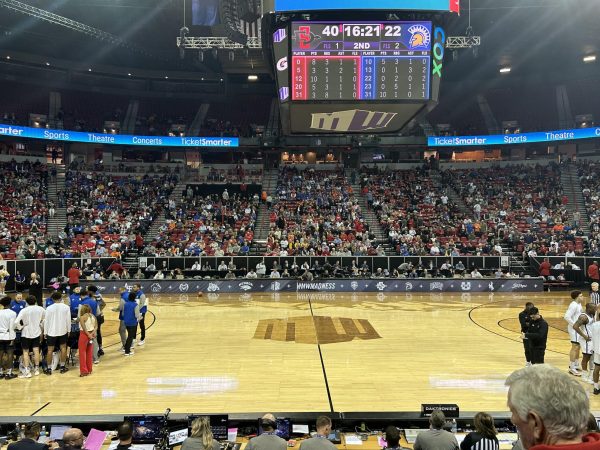
Finally, in 2021, the NCAA allowed athletes to make money off of their name, image, and likeness. Student-athletes could now profit off of their name through endorsements, and these deals were primarily set up through collectives formed by boosters and fans. Around the same time, another game changer in collegiate sports arrived with a new rule that revamped the transfer rules for student-athletes, allowing them to transfer to a new school without having to sit out a year, creating what is now known as the transfer portal.
Implementing a new transfer rule allowing players to transfer with seemingly no drawback, combined with the opportunity for schools to lure in transfers and recruits using the almighty dollar, created a whole new playing field in the recruiting aspect of college sports. The rapid movement has been ongoing since the start of these two new rules as players constantly move from team to team. While this creates more opportunities for the players, many people have questioned the integrity of the players and collegiate sports. Some argue that there is way too much player movement and that the money funded to the NIL from donors is unbalanced from school to school, arguably creating an uneven playing field.
Between the coaches and fans being outspoken against the current state of the NIL, the most prominent figure to speak out was recently retired Alabama football coach Nick Saban, deemed by many as the greatest college football coach of all time. Saban expressed his feelings on the NIL as he wished for a more balanced system, saying, “All the things that I believed in, for all these years, 50 years of coaching, no longer exist in college athletics.” He even quoted his wife when she spoke about the parents, saying, “All they care about is how much you’re gonna pay them; they don’t care about how much you’re gonna develop them.” Saban is not the only big-name former coach to speak out against NIL as former Syracuse men’s basketball coach Jim Boeheim spoke out against NIL when he said, “This is an awful place we’re in in college basketball.”
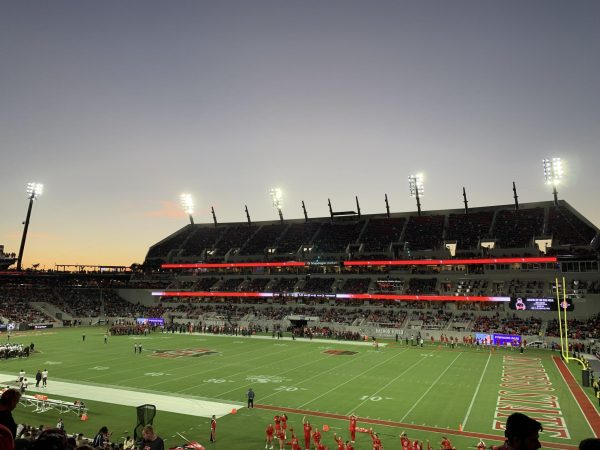
Some of the NIL deals that athletes have reached have been extremely lucrative, with some players earning up to seven figures through NIL. At the top of the list, star collegiate athletes like Shedeur Sanders, Bronny James, and Livvy Dunne have made $3.7 million – $4.7 million through NIL. Despite this, many argue that the coaches are hypocritical in calling out this system, given that the top coaches make tens of millions of dollars. Coach movement is also very expeditious in collegiate sports, with coaches leaving their schools and players for more lucrative deals at bigger schools.
Like many conflicts, the story has two sides, and each side has a strong point to make. However, one thing that should be undisputable is that players deserve to make money off their own name, especially given the revenue they missed out on before NIL. However, there is a case for a more balanced NIL system that creates a more even playing field. Whatever the case, the NIL isn’t going anywhere anytime soon, as judges recently ruled that the NCAA cannot enforce NIL rules. But before you criticize the players for chasing six and seven figures after working countless hours to get those opportunities, ask yourself, can I blame them?
